BU CTSI mpact
Accelerating Discoveries Toward Better Health







Accelerating Discoveries Toward Better Health






We are thrilled to present the 2023 Impact Report from the Boston University Clinical and Translational Science Institute (BU CTSI). Since receiving initial funding from the National Center for Advancing Translational Sciences in 2008, the BU CTSI has been a driving force in catalyzing clinical and translational science. The mission of the BU CTSI is to health by advancing translational science research in service of health equity. The the BU CTSI is to pioneer a sustainable and inclusive research ecosystem that propels novel approaches to translational science that in turn leads to research that brings treatments, interventions, and therapeutic agents more efficiently and effectively to patients, with a particular focus on improving health for structurally populations.
Our commitment to improving health and well-being extends beyond traditional boundaries, bringing disciplines, schools, and departments translational science and research. Diversity, equity, inclusion, and accessibility are not just words for us—they’re integral to our values and we strive to embody our commitment to these values through our actions each day. We celebrate the strength of a diverse workforce and leadership and forge meaningful community partnerships to participate in all aspects of the research process. We have spearheaded endeavors to advance health equity through translational science; for example, we hosted a symposium this year focused on outcomes related to social drivers of health.
David Center, MD - Megan Bair-Merritt, MD, MSCE

We support new and ongoing research through programs in community engagement, bioinformatics, statistics, regulatory knowledge for clinical studies, and recruitment of study participants. For example, our Community Engagement (CE) Program launched a Research Partnership Scholars grant, funding community-academic teams to develop partnerships around shared areas of research interest. To date, six grants have been awarded and we just released an RFA to provide funding for three more. The CE Program’s Advancing Equity in Health Research Community Advisory Board currently has 12 members, and the CE program continues to offer courses, workshops and seminars to help build capacity for community engaged research. Our bioinformatics team continues to build foundational data systems and networks, leading the country in the establishment of data platforms that bring together clinical data and social and environmental data to create a more holistic picture of predictors of health. We have participated in the NCATS ENACT Network, an i2B2-based Electronic Health Records (EHR) research platform to enable investigators at CTSA hubs to conduct EHR research on any condition using de-identified data from>142 million patients and have partnered with BMC’s Health Equity Accelerator to expand our systems for placebased data in our OMOP CDM-based Data for Equity (D4E) platform.
We continue to fund individual pilot projects and team science Affinity Research Collaboratives (ARCs), distributing over $750,000 in awards, with most funding earlycareer investigators and team science. Unique to the BU CTSI, one our research programs is examining the effects of COVID-19 on implementing treatments for opioid use disorder (PI Dr. Zoe Weinstein) and another is developing a tool (GeneHive) to store and integrate clinical data with individual RNA and DNA sequences toward the development of algorithms for individualized medicine (PIs Drs. Adam Gower and Mark Lenburg).
Our TL1 National Research Service Award (NRSA) Program provides stipends and tuition for PhD students and postdoctoral fellows to learn the skills of regenerative medicine using inducible pluripotential stem cell technology. Similarly, our KL2 provides slary to protect time for early-career research faculty members to develop and advance their research. We continue to expand our Workforce Development Programs in support of networking and skill building for research faculty and staff..
We are committed to full data sharing, to disseminating our results to all interested parties, and to examining the ways in which our science moves policy. To that end, we engaged in an initiative using a new tool licensed from Overton to analyze policy documents for citations related to our communities’ research.
Our success has been a team effort between our partner Boston Medical Center, our collaborators in the VA Health Care System, and the many strategic alliances showcased in this report. We have collaborated on common goals and activities to collectively advance translational science that delivers effective interventions and treatments to more people more rapidly.
This report highlights the BU CTSI’s achievements throughout the last calendar year (2023). As we prepare to enter the ninth year of our grant cycle, we anticipate sharing our accomplishments for the grant cycle starting April 1, 2024 to March 31, 2025.
For those of you who have engaged with our programs before, we look forward to continuing to work with you. For those of you who are new, we look forward to meeting you and to providing new and essential tools for your research.
Deborah Fournier, PhD, Assistant Provost and Institutional Research and Evaluation, the BU CTSI’s Director of Evaluation, retired after being at BU since 1995 and serving as the Director of Evaluation for the BU CTSI since 2008. We thank her for her invaluable contributions!
Congratulations to Rebecca Lobb, ScD, MPH, on her promotion to Director of Integration and Strategic Partnerships at BU CTSI, where she will drive transformative change in support of MPIs, Module Leaders, and partners.
Former BU CTSI Community Engagement Program Co-directors; Tracy Battaglia, MD, MPH, and Linda Sprague Martinez, PhD , have new positions. Dr. Battaglia is now the Associate Director of Cancer Care Equity at Yale Cancer Center, and Dr. Sprague Martinez has been appointed Director of the Health Disparities Institute at UConn Health. We are grateful for their contributions and wish them success in their new positions.
We are excited to to share recent changes to the BU CTSI leadership team:
• Frederick Ruberg, MD, as the new Director of Workforce Development.
• Elisha Wachman,MD, and Andy Henderson, PhD, as Co-Directors of the Integrated Pilot Grant Award Program.
• Robyn Cohen, MD, and Natalia Morone, MD, as Co-Director of the Career Development Award Writing Workshop Series.
• Astraea Augsberger, PhD, as the Director of the Community Engagement Program.
• Kim Brimhall, PhD, as the Director of Evaluation and Continuous Improvement.
• Marc Lenburg, PhD, and Weining Lu, MD, as Co-Directors of the R Proposal Writing Workshop.

The BU CTSI’s vision is to be the strongest possible advocate for, and to participate in, translational research that serves the health needs of our diverse patient populations by creating superior resources that can be integrated with the national Clinical Translational Science Awards (CTSA) network.
Aim 1: Discover, demonstrate, deploy, and disseminate novel training methods that enhance the continuous development of our translational science workforce and create new opportunities for advancement.
Aim 2: Develop the most efficient and comprehensive clinical trials hub possible by drawing upon the integrated resources of all our partners.
Aim 3 : Foster meaningful multi-directional relationships among our community stakeholders to extend collaborative translational research across the lifespan of our special populations, and enable novel approaches that advance the integration of research into health care.
Aim 4: In collaboration with other CTSA hubs, discover, develop, and disseminate innovative tools to improve research on treatments and diagnostics that address national health problems.
Our Partners & Affiliates
AFFILIATE INSTITUTIONS

• Veterans Administration Boston Healthcare System (VABHS)
• Edith Nourse Rogers Memorial Veterans Hospital, Bedford, MA
PARTNER INSTITUTION
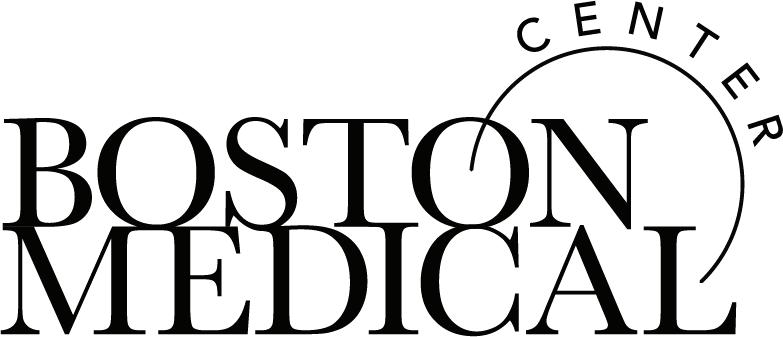
Boston Medical Center Health System
AFFILIATE INSTITUTION

Boston HealthNet
We have selected partner and affiliate institutions based on their commitment to clinical and translational research and their ability to contribute to the visions and goals of our hub and of the CTSA network.
The CTSI has developed an organizational structure that creates a clear division of effort and lines of responsibility, without building silos that impede communication and coordination. In addition, our lines of communication are bi-directional. Strategic goals and priorities flow down from NCATS, the national CTSA network, our Strategic Executive Committee, and our BU CTSI Directors. At the same time, ideas for program implementation and new initiatives are able to flow up from leaders, staff, and scholars.

CTSI Directors
Clusters Leaders
David Center, MD
Clinical Research
George O’Connor, MD, MS
Megan Bair-Merritt, MD, MSCE
Workforce Development
Frederick L. Ruberg, MD
Administrative Core
Administration & Governance
Helia Morris, MSM
Quality Efficiency
James Feldman, MD
Evaluation & Continuous Improvement
Innovation Incubator
David Center, MD
Evaluation & Continuous Improvement
Kayla Kuhlfeld, MPH
Clinical Research
Clinical Informatics
Bill Adams, MD
Community Engagement
Tracy Battaglia, MD, MPH
Linda Sprague Martinez, PhD
Rebecca Lobb, ScD, MPH
Regulatory Knowledge
James A. Feldman, MD
Mary-Tara Roth, RN, MSN, MPH
Participant and Clinical Interactions (PCI)
General Clinical Research Unit (GCRU)
Research Recruitment & Retention Program
George O’Connor, MD, MS
Ridiane Denis, MD, RN
Biostatistics, Epidemiology & Research Design (BERD)
Howard Cabral, PhD, MPH
Workforce Development
Translational Workforce Training
Frederick L.Ruberg, MD
Mary-Tara Roth, RN, MSN, MPH
KL2 Career Development
Natalia E. Morone , MD, MS
TL1 National Research Service Award (NRSA): Regenerative Medicine Training Program (RMTP)
Darrell Kotton, MD
Christopher Chen, MD, PhD
Elke Muhlberger, PhD
Matthew R. Jones, PhD
Innovation Incubator
Collaboration & Multidisciplinary Team Science Program
Katya Ravid, DSc
Mario Cabodi, PhD
Office Based Addiction Treatment (OBAT)
Zoe M. Weinstein, MD, MS
Pilot Translational & Clinical Studies Program
Andrew Henderson, PhD
Elisha Wachman, MD
Integrative Data Management for Translational Bioinformatics
Marc Lenburg, PhD
Adam C. Gower, PhD


Since 2008, the BU CTSI has been developing and implementing infrastructure and resources to improve the efficiency, quality, and impact of research translation. Evaluation in the translational sciences is complex and we lack the measurable indicators to accurately assess impact due to needing measurable indicators during the process of translation.
Narrative data has always been integral to evaluation, as it serves to illuminate context, build connections between different stakeholders, develop program evaluation theory, foster meaningmaking, and more. To help address this gap in accurately measuring impact, the BU CTSI licensed the Overton Policy Platform to enable evaluators to better understand the reach and impact of published research on policy. Since our Hub reached out to Overton to test the platform within our CTSI context, CTSI evaluators have been working programmatically to build the capacity to assess research productivity, influence, and impact and to engage with our investigator community to examine the policy translation pathway.
Over the past year, CTSI Evaluators have worked with over 30 BU research investigators to analyze their individual policy impact from their publication portfolios. The team has also worked with Deans from the School of Public Health and the Henry M. Goldman School of Dental Medicine, and multiple Directors of Centers and Chairs of school departments to understand school- or center-wide policy impact and understand how they can work to further improve the policy translation pathway for their investigators. Evaluators continue to provide investigators and teams with analyses, while interviewing them to understand perceptions about translation and policy impact.
In reviewing the analysis with investigators, the team is also exploring investigator perceptions about how they define translation in general terms and how they think about what counts as policy translation.
“Neighborhood income and physical distancing during COVID-19 pandemic in the United States.”
See this paper’s Overton Report
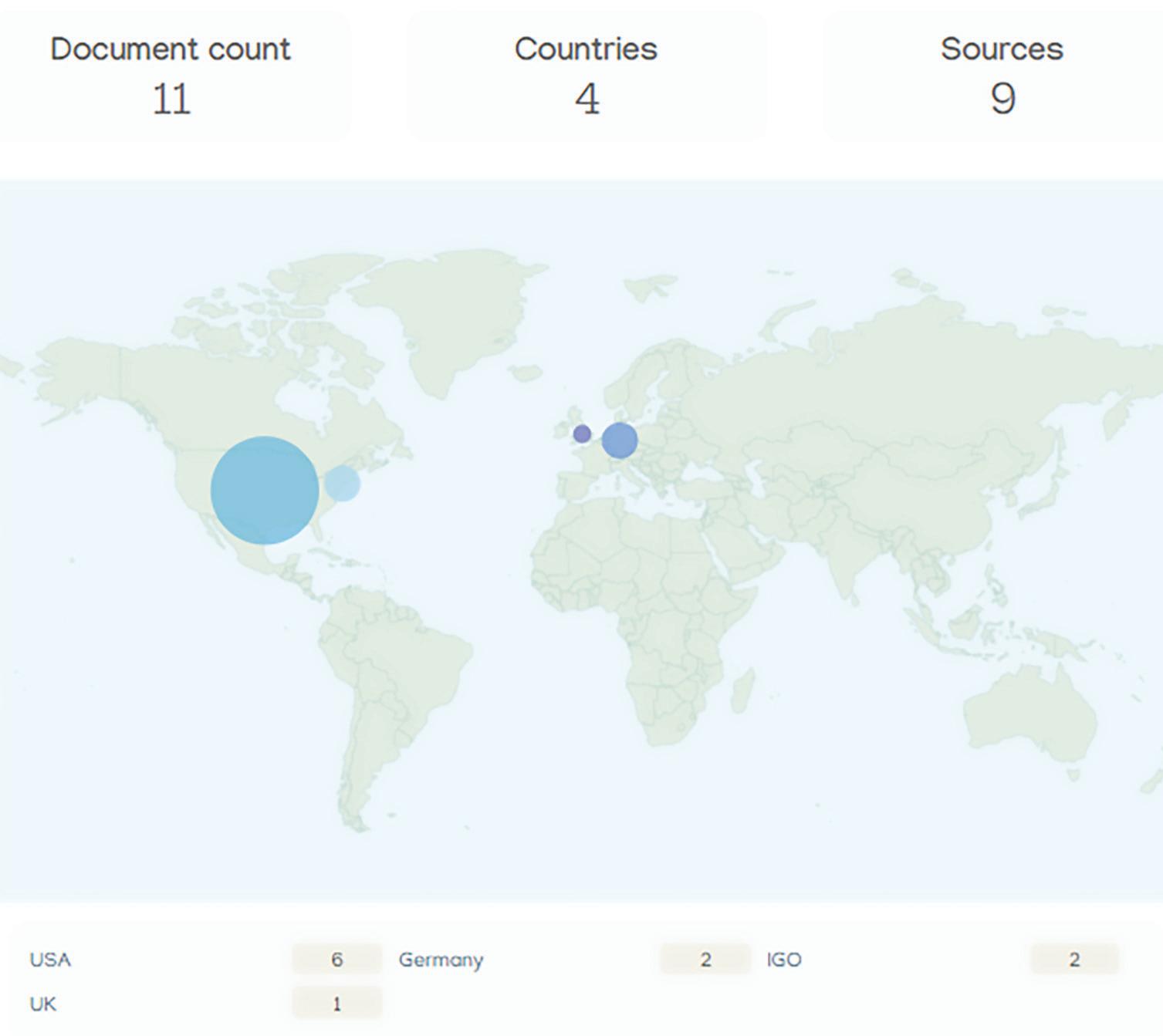
Jonathon Jay, DrPH, JD, a previous CTSI KL2 Scholar and Julia Raifman, ScD, MSc, a 2020 CTSI Pilot recipient, utilized CTSI funds to publish their research through the paper mentioned above. This publication was rapidly translated into global impact with policy citations from nine sources. Examples of policy citations include a clinical guideline from the Centers for Disease Control and Prevention and working papers and policy documents from the World Bank and United Nations.
“We love this. It’s showing the downstream impact that is harder to see.”
They are also examining investigator use of science dissemination strategies to influence the policy translation pathway. Investigators we have spoken with are pleasantly surprised to see their work cited in policy topics. They are also excited to see their work being picked up in policy outside of their known area of expertise and throughout the globe to show reach of their work. This has shown true translation of investigators’ work and could potentially open new avenues for collaboration.
To conduct the policy analyses, CTSI evaluators can search DOIs and PMIDs pulled from bibliometric tools, author names, and ORCIDs to examine policy citations and mentions in the Overton database. The Overton database also searches for key words to show what topics, research areas, and focuses are being picked up in policy documents.
We are able to see countries, policy sources, policy topics and subject areas, the time it takes for translation to policy, policy document types, citations in clinical guidelines, links to any of the 17 Sustainable Development Goals set by the United Nations as a call to action for global priority areas, and more, from these policy impact analyses.
The intent of this initiative is to catalyze discussions within the BU investigator community about the value and use of the analyses in helping them clarify and demonstrate the translation of their work to policy.
Visit our website to learn more about how the BU CTSI is monitoring and evaluating policy impact.
Reach out to Kayla Kuhfeldt, MPH, Assistant Director, Program Evaluation (kaylakuh@bu.edu) and embark on a conversation that could redefine how you view the impact of your research.
Check out the policy impact of each publication—click “See this paper’s Overton Report” beneath each title to explore further.
“Translation is important.”
“Medication for Opioid Use Disorder After Nonfatal Opioid Overdose and Association With Mortality.”
See this paper’s Overton Report .

Marc Larocelle, MD, MPH, a 2017 CTSI Pilot recipient, utilized his CTSI pilot funds to publish the paper mentioned above in the Annals of Internal Medicine. This paper led to 35 policy citations from 18 sources across the United States. Three policy citations came from clinical guidelines by the Centers of Disease Control and Prevention, the Agency for Healthcare Research and Quality, and Medicaid.
Other notable policy citations include hearings and committee reports from the U.S. House of Representatives, the Federal Register, the Federal Reserve Bank of Boston, the National Academy of Medicine, the Federation of American Scientists, and guidelines in PubMed Central.
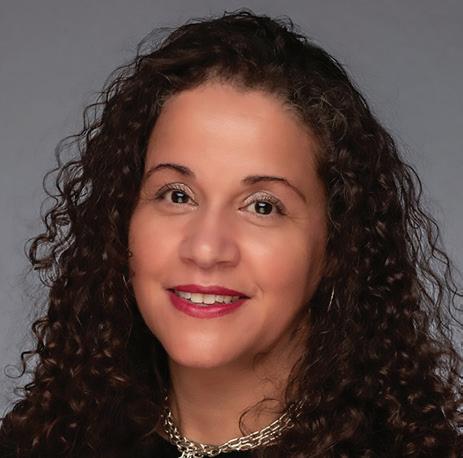
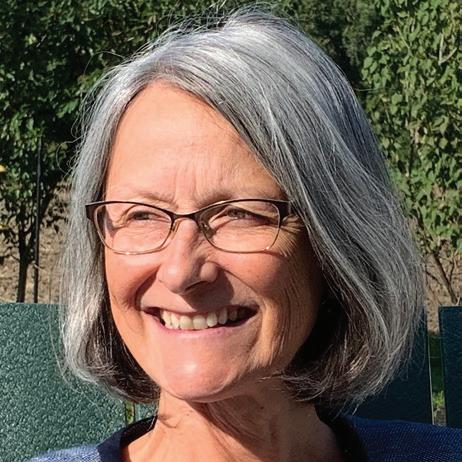
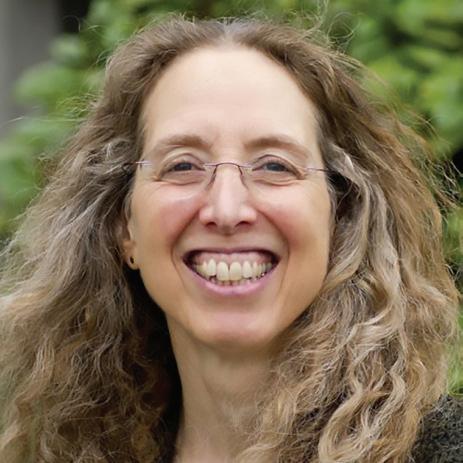
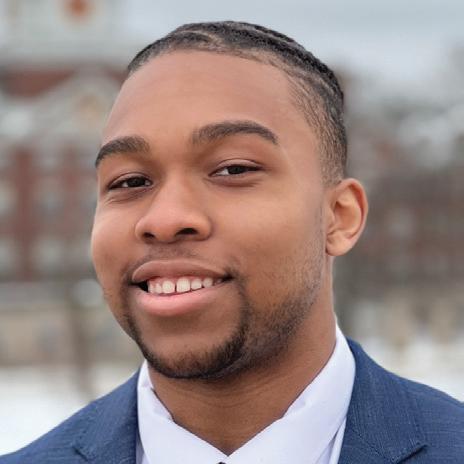





Throughout 2023, the CTSI Community Engagement Program continued to advance Building a Culture of Community Engagement as our program’s overarching theme and began to integrate a broad institutional theme of Science Without Walls by advancing systems-level change toward increasingly inclusive engagement with the community. Our Annual Report reflects our trainings, partnerships, and dissemination activities for community and academic audiences to advance health equity by creating a culture, and structures, that nurture community-academic partnerships and demonstrates our program’s aims to expand our translational workforce, build on existing programs with community organizations and other CTSA hubs, and create opportunities in the community to link with our institutional research enterprise. Over the past year, the Community Engagement Program (CEP):
Issued the second cycle of Research Partnership Scholars grants and experienced a 100% increase in applications, from seven applications in Year 1 to fourteen in Year 2.
The Research Partnership Scholars grant offers financial support to community-academic partners for collaborative grant application development. Three partnerships received $10k each for a 9-month period:
• Devin Cromarti (BMC) and Janice O. Allen (Roxbury Presbyterian, St. John’s Missionary Baptist Church, and Twelfth Baptist Church); Facilitating Stewardship: Intervention Mapping with Black Churches for Mental Health.
• Deborah Goldfarb (BUSSW) and Robert Iacoviello (Transformational Prison Pipeline); Justice System Engagement.
• Monica Onyango (BUSPH) and Jane Kimani (Uhai); African Immigrant Youth Mental Health Collaborative.
The Research Partnership Scholars Grant Learning Collaboratives created a peer-led, open learning environment that facilitated community partnership development, demonstrated best practices in community engagement, and established a network of engaged and participatory researchers within the institution.
Continued to build on and strengthen existing pathways for community-academic research collaboration with local community partners.
Boston HealthNet Research Collaborative: We provided support to BHN and its nine Community Health Centers (CHC) to enhance early research engagement. Our shared goal is to integrate community needs throughout all phases of BU’s research. The BHN Research Collaborative website provides CHC profiles, guiding principles, rules of engagement, and a collaboration platform.
In 2023, the CHCs received 21 invitations from researchers, resulting in ten new partnerships. Since the launch of this collaborative, the CTSI CE program has embedded research


liaisons at eight health centers in under-resourced Boston communities. Through participation in a monthly Research Liaison Forum, collaborators codeveloped rules of engagement and a new process to connect investigators with health centers early in their research planning.
Equity in Health Research Community Advisory Board (CAB): The Advancing Equity in Health Research CAB seeks to advance Boston University’s and Boston Medical Center’s aspiration for making sustainable changes in the research process to improve the health of the community. In 2023, our Community Engagement Program coordinated with and supported the CAB, in collaboration with BMC’s Clinical Research Network, to consult with researchers on studies using the CAB’s Equity in Health Research rubric. We have enthusiastically welcomed former CAB Specialist, Kareem King , into our program fulltime as a Research Program Manager.
The CAB has identified expanding capacity and scope as a priority. Ultimately, they envision creating a centralized, visible, and accessible physical hub for capacity and relationship building, bilateral resource sharing and knowledge creation across community members and researchers.
To date, the CAB has conducted six consultations with BU-BMC researchers. They also co-created a community engagement training for primary care residents, spoke at BMC Research Seminars, participated in the Annual CTSI Symposium Planning Committee, and in planning the CTSI CE program renewal grant. The CAB aims to enhance its membership and strengthen the integration of community perspectives into BU and BMC research endeavors in the coming years. Discover additional details about the CAB by visiting the Community-Academic Partnership section of the CTSI CE website and selecting the CAB option from the dropdown menu.
In the midst of these initiatives, we wish to honor the memory of David Tavares, a founding member of the CAB, who sadly passed away earlier this year. His impact on our work and the greater Boston community was immeasurable.
Increased participation in our capacity building trainings through the Creating a Culture of Community Engagement Speaker Series.
Linda Sprague Martinez, PhD, facilitated discussions with panelists representing diverse backgrounds in CEnR to engage in reflective dialogue addressing common CEnR barriers, and to showcase community-academic partnerships that are advancing health equity. We are grateful to welcome Astraea Augsberger, PhD as the new Speaker Series facilitator. Dr. Augsberger led the development of the 2023-2024 program curriculum. Nearly 700 people registered for our monthly Speaker Sessions throughout 2023, a 10% increase over the previous year. In the 2023-2024 series, we aim to expand participation beyond the BU-BMC
campuses to engage community members through intentional and targeted outreach across institutions. Topics will center health equity and sharing of CEnR resources across BU/BMC campuses and the broader community. To learn more about our Monthly Seminar Series Speakers, click here .
During this time, our Community Engagement Program disseminated best practices for community engaged research to over 1,000, community members and researchers through our consultations, training programs, seminars, and partnership activities. We are identifying approaches to house the most commonly requested resources in highly accessible platforms.
Publications and dissemination.
As part of Dr. Sprague Martinez’s pilot grant focused on linguistic inclusion, we collaborated with 15 CTSAs to disseminate best practices. We have also interviewed and engaged investigators to explore the acceptability of recommendations and to develop an organizational strategy for advancing inclusion.
The latest CE publication, in collaboration with BMC and community health centers, describes initiatives to develop and sustain partnerships with community-research boundary spanners. For further details, you can access the publication here
Moreover, in order to enhance CE networking opportunities and capacity building, we widely shared our insights through scholarly publications, community forums, and conference presentations. Dr. Sprague-Martinez and Dr. Battaglia also organized a university-wide discussion on Community Engagement, supported by the Provost’s Office. Watch the full presentation here .
Discover more by exploring our website and connecting with us on X and Instagram.

Services provided by the GCRU
158 # of GCRU Protocols
18,624
Situated in the 8th floor of the Evans Building on the Medical Campus, the GCRU isn’t just a space; it’s a hub of dynamic study implementation services. Stretching beyond its walls, the GCRU embraces outreach through the exciting initiative called “GCRU Without Walls,” extending its impact across all BU schools, including the CRC and BMC.
Guided by George O’Connor, MD, BU CTSI Director of Clinical Research, and Ridiane Denis, BS, RN, MD, GCRU Director of Clinical Research and Operations, the GCRU extends crucial implementation and facilitation support to study teams, delivering invaluable services to a diverse group of research participants.
For studies conducted through the GCRU, our staff collaborates closely with study teams to provide detailed information on budgetary aspects and specific protocol implementation procedures essential for study completion.
Explore some various facets of GCRU through the following categories:
GCRU Operations & Administration
• Coordinating Research Participant Visits
• Facilitating Study Implementation Meetings
• Welcoming Participants and Collecting Information
• Budget Assistance for Study Teams
GCRU Laboratory
• Specimen Handling and Processing
• Biorepository Inventory Oversight
5,494
9,144 # of samples processed by
Laboratory
36,627
• Implementing protocols to integrate study specific clinical research procedures performed by liscenced clinical research coordinators and clinical practice assistants (e.g., infusions/injections, biopsies, bone densitometry, laboratory procedures, etc.).
For additional information on GCRU, explore our website
For details about CPR, Phlebotomy, and Lab processing training new certification fees and schedules, please reach out to Ridiane Denis, Director of Clinical Research & Operations, at ridianed@ bu.edu or call 617-358-7558.
The BU CTSI Research Navigator Team (RNT) stands as a central force, dedicated to providing unwavering support to study teams at every step of their protocol journey. Whether it’s securing local or ceded IRB approval, managing participants, overseeing monitoring visits, facilitating study closeout, or maintaining meticulous regulatory and compliance documentation, the RNT is your partner in success. Collaborating seamlessly with all CTSI Programs and the General Clinical Research Unit (GCRU), the RNT excels at navigating the complexities of recruitment, whether in person or remotely.

Consults provided by the RNT since 2020
15 RNT Consults
Support provided for studies includes protocols
16
The RNT operates collaboratively across all CTSI Programs and collaborates closely with the General Clinical Research Clinic (GCRU). The GCRU contributes to protocol implementation and, as part of the RNT, supplies experienced research staff (RNs, research assistants, phlebotomists) to conduct research activities in clinical settings, both within and outside the GCRU.
Furthermore, the RNT collaborates with BU/BMC regulatory and compliance offices, such as OHRA, CRRO, CTO, and IRB. This collaboration ensures that tailored consultations for translational researchers and their teams cover a spectrum of needs, from professional development opportunities to research planning, recruitment assistance, study implementation, and results dissemination.
Unlock the Full Spectrum of CTSI Services!
Exciting opportunities await! The Research Navigator Team (RNT) is eager to engage with you. Whether you’re seeking a CTSI service, a consultation, or simply want to pose a question, head over to our website and submit a request. Your journey to enhanced research experiences starts here!




6
Regulatory oversight for protocols
Non-English speaker recruitment support for protocols
9
3
Upcoming RNT support for protocols: recruitment, regulatory, data management & study visits
Explore the Research Navigator Team (RNT) services:
IRB Support
Data Management
Recruitment and Retention
Regulatory Guidance
Research Visits
Advocacy
Project Completion Resources
Referrals
Institutional Promotions
Assistance with applications and submissions.
Expertise in study design and data management.
Tailored assistance and staff training and Integration of Special Populations
Navigate mandatory requirements for clinical studies.
Assistance with measurements and lab processing.
Support for participants and research teams.
Identification of timely resources.
Connections to clinical research services, cores, and tools
Advocacy for policies and best practices
Throughout 2022-23, the All of Us study faced challenges with enrollment goals. In response, the CTSI-GCRU RNT team provided vital assistance, streamlining enrollment procedures and guaranteeing the study’s attainment of its enrollment targets.


























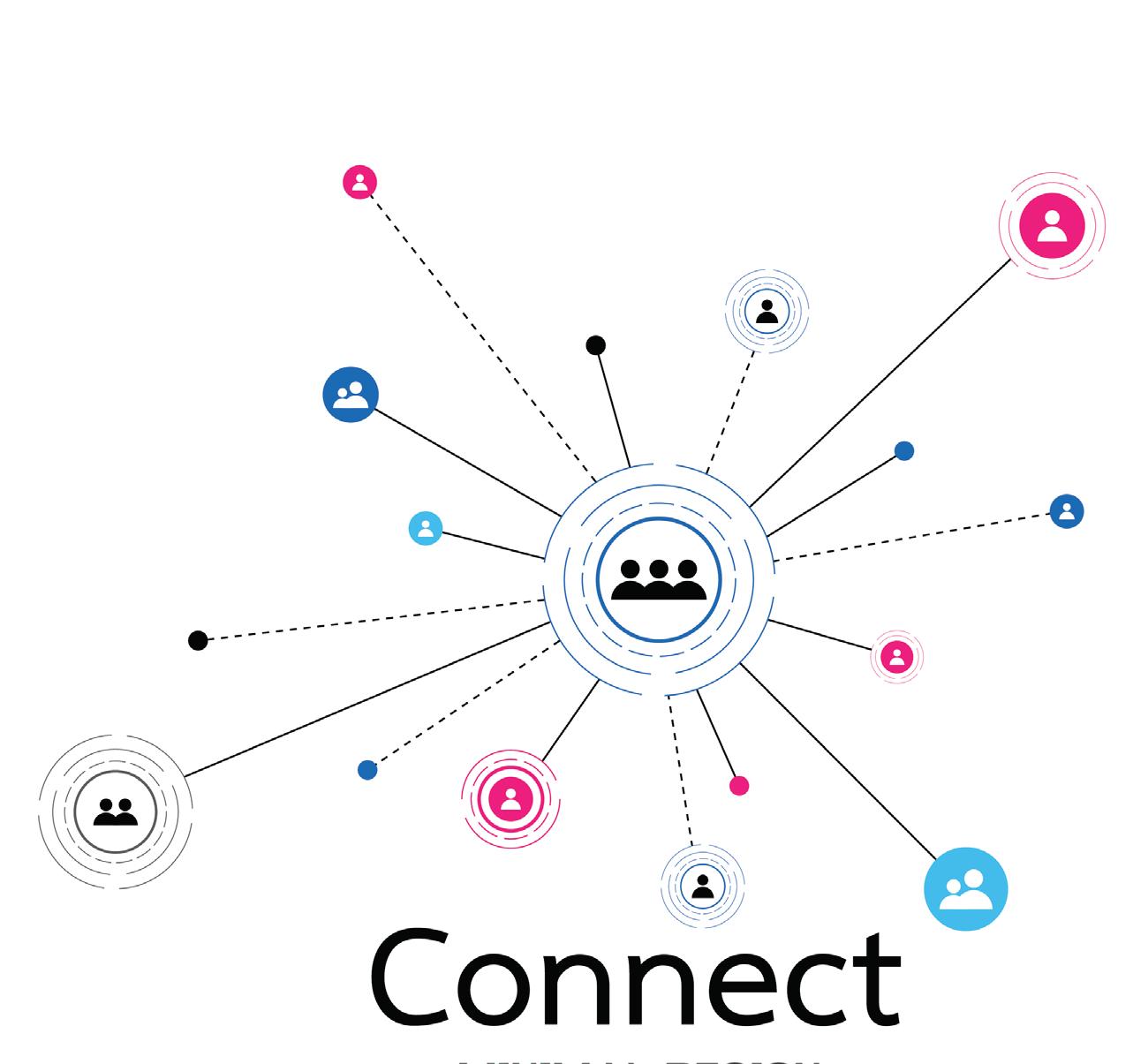
The Active Research Job Connection (ARJC) aims to bridge connections between Principal Investigators (PIs) and temporary staff, providing employment opportunities for individuals seeking additional hours, practicum experience, or navigating job lay-offs.
At RJC, we facilitate links between Boston University (BU) and Boston Medical Center (BMC) students and staff with clinical research teams. Our support roles include Research Assistants and Research Coordinators, ensuring a seamless integration into the clinical research environment.
GCRU remains committed to offering pioneering research internships, providing comprehensive learning experiences in the realm of clinical research and facilitating diverse collaborations with educational programs
• Seven Clinical Research Program master’s students.
• Five undergraduate work-study students.
• One Emerging Medical Technician.
• One high school summer intern.
• Two urban college Clinical research interns from RAMP program in collaboration with BMC.

• Six summer interns from local high schools.
• Four high school interns participating in phlebotomy training in collaboration with BMC Phlebotomy department.
• Two Co-op students initiative with Northeastern University Co-op program.
• Ten interns and practicum students from BU.
• Five volunteers/interns with a focus on clinical research and phlebotomy in collaboration with community partners.
• Received 72 requests from students at Boston University across master’s, medical, and work-study programs.
• Engaged with 21 Principal Investigators (PIs) to facilitate matching students with appropriate research opportunities.
• Completed 26 student requests, underscoring our dedication to fostering valuable research experiences for students.
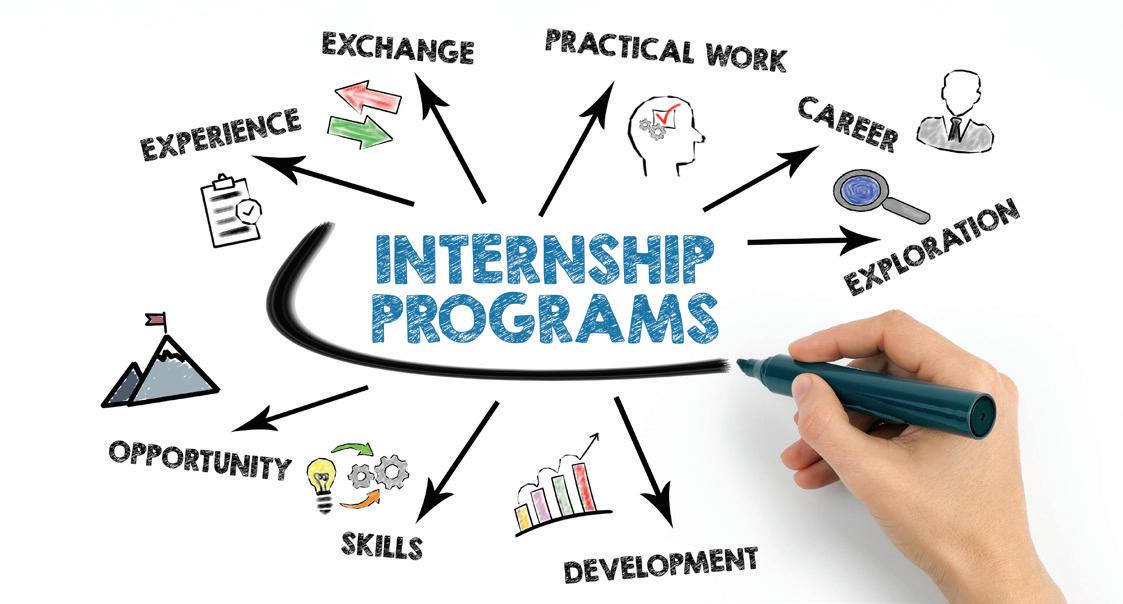
• Two volunteers/interns with a focus on clinical research and phlebotomy in collaboration with community partners. Eager to learn more about Research Job Connection? Reach out to Ridiane Denis, our Director of Clinical Research Operations, at ridianed@bu.edu or call 617-358-7558 for further details.

Boston Medical Center (BMC), Boston Health Net, and the BU CTSI continue to support data science and research focused on people living in the city of Boston. BMC is the largest safety-net provider in New England. Nearly all of our Community Health Centers (CHCs) are Federally Qualified Health Centers (FQHCs). BMC has a long history of EHR -based care dating back to 1999 and our affiliated CHCs back to 2003. We now have two decades of EHR data going back to 1999. The Epic EHR has been in use at nearly all sites since 2015. We seek to provide rich data to researchers both locally and nationally in a way that strongly protects patient privacy and is accessible and easy to use. Advancing health equity is foundational to everything we do.
The foundation for our research data systems is the BMC Clinical Data Warehouse (CDW), which is a repository of all the source data and translations of that source data at BMC. The BU CTSI Biomedical Informatics Core (BU-BIC) technical team works with BMC-ITS staff to transform EHR data for BMC and health center patients into two Common Data Models (CDM): Informatics for Integrating Biology with the Bedside (i2b2) and Observational Medical Outcomes Partnership (OMOP CDM ). In early 2024 we will be part of a new network, PaTH, connecting us to numerous clinical research data networks to advance PCORIsponsored patient-centered research. Each Clinical Data Network (CDN) provides self-service query tools, and data extracts are accessible for research purposes. Additionally, de-identified data extracts can be shared with external research networks.
Health Equity Research is a foundational priority for the BU-BIC and has been since its inception. In collaboration with the BMC Health Equity Accelerator, we have expanded our systems to extensive place-based data in our OMOP CDMbased Data for Equity (D4E). We have recently finalized the development of software that facilitates self-service exploration of a considerable and expanding array of health accounts,
encompassing a growing number of predictor variables. D4E now includes extensive de-identified clinical data linked to a broad and regularly expanding set of features related to the census tracts that they live in (American Communities Survey, Social Vulnerability Index, and Child Opportunity Index). BU-BIC members are also members of the OHDSI Health Equity Research Workgroup as well as the OHDSI GIS Research and Health Equity Workgroups. In this way, we seek to establish an advanced data system to study health and health equity in Boston that includes rich clinical data linked to features of where our patients live.
The BU CTSI is also committed to advancing Health Equity through data and translational informatics. In September, we completed a 12-month-long effort to design an open source, selfservice data exploration tool called the Health Equity Explorer (H2E). H2E allows users to view temporal trends in health outcomes stratified by combinations of 30+ drivers of health using linear graphs and tables (see the figure below).

H2E also supports advanced analytics, allowing users to perform self-service uni- and multi-variate regression using R-packages built into the application. H2E also supports geospacial visualizations as maps that can be layered to explore the cumulative impact of place-based features on selected health outcomes. As an R-Shiny App, H2E will be open-source and able to support additional R-packages and analytic approaches that leverage more advanced methods such as Machine Learning/AI and Directed Acyclic Graphs (DAGs). In this way, a very broad range of users can use the tool to explore data.
Our de-identified data can also be shared (with IRB oversight) with collaborators at other research institutions across the US who share the same common data models (i2b2 or OMOP). Our current collaborations are described below:
TriNetX is a cloud-based informatics platform that allows users to analyze aggregate patient populations and facilitate clinical research, study design and clinical trial recruitment. Investigators at Boston Medical Center and Boston University have access to BMC’s de-identified patient data through a self-service, userfriendly interface and state-of-the-art visualization and analytic functions. TriNetX helps investigators explore patient populations in depth and demonstrate study feasibility in funding proposals and IRB submissions. Through the TriNetX Research Network, our research community also has expanded access to anonymized datasets that combine BMC clinical data with that of over 90 other Health Care Organizations with over 300 million persons.
In the past year, BU and BMC data scientists embraced and actively utilized TriNetX’s innovative, fully cloud-enabled analytics platform. Looking ahead, we aim to expand user engagement and project utilization on this robust data science resource.
The National COVID Cohort Collaborative (N3C ) is an open science community focused on analyzing patient-level data from many clinical centers to reveal patterns in COVID-19 patients. N3C aims to unite COVID-19 data, enabling innovative machine learning and statistical analysis that require a large amount of data – more than is available in any given institution. BMC/BUMC researchers have been actively participating in the network and leading efforts related to Social Determinants of Health (SDoH).
The ENACT Network is a new, i2b2-based, CTSA ConsortiumWide EHR Research Platform funded by the National Center for Advancing Translational Research (NCATS) that will enable investigators at CTSA hubs to conduct EHR research on any disease or condition from their desktop. Using de-identified data from EHRs for >142 million patients at 57 hubs, ENACT will also allow data scientists to develop and test EHR-based research tools.
ENACT, the latest version of the ACT Network, launched in 2014, is the largest federated network for EHR-based cohort discovery.
Investigators can perform various types of research, including outcomes, epidemiological, and comparative effectiveness studies, using ENACT. As a federated research platform, ENACT allows analyses with statistical and machine learning methods without moving EHR data beyond site firewalls, ensuring local analysis with only summary statistics transferred to the federated platform.
Disease specific registry collaborations: Data from D4E are being used to promote national collaborations related to Intensive Care outcomes for patients with COVID, sickle cell disease, and chronic kidney disease (CKD). For these projects, de-identified data extracts are shared with a central coordinating center to support research and quality improvement on a national scale.
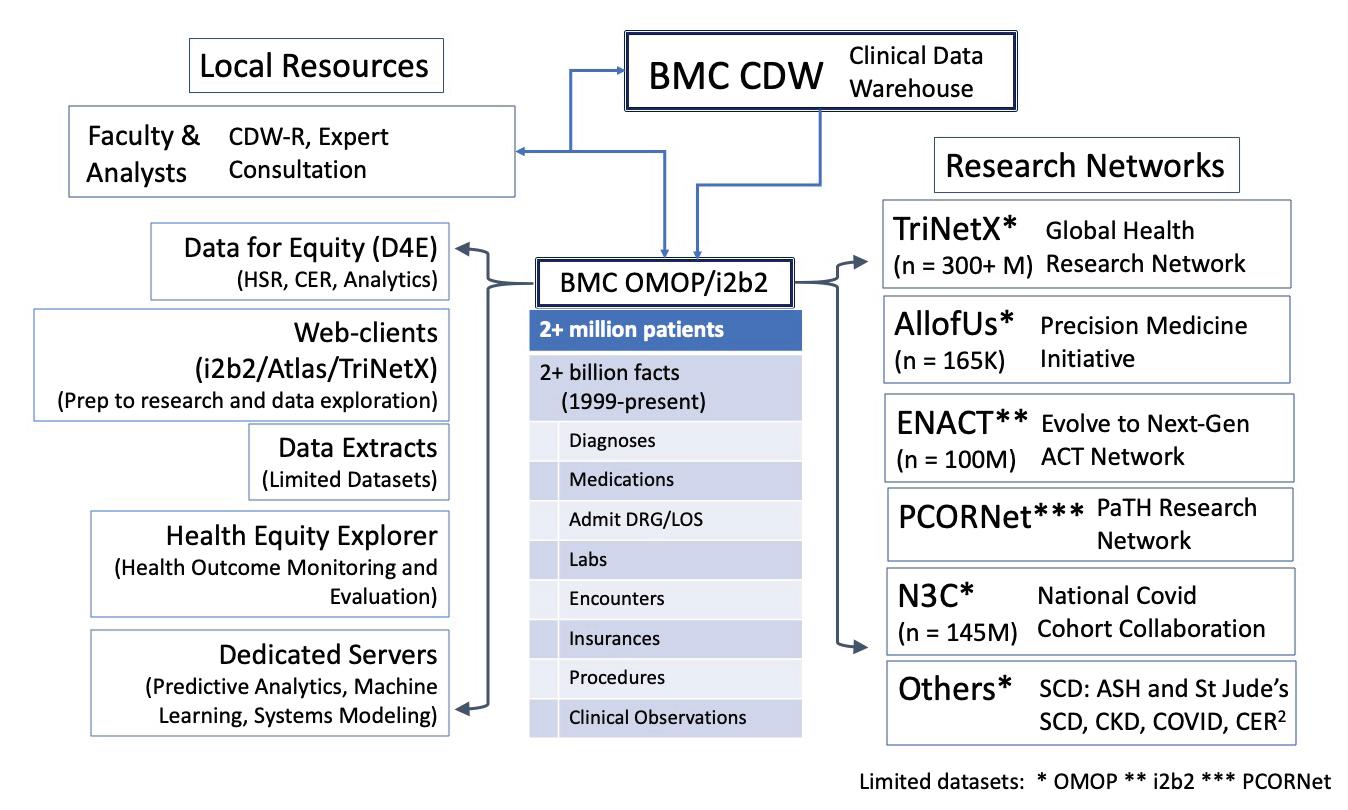
BMC and BUMC researchers now enjoy extensive access to a wide range of clinical data for research. Our foundational work over the past decade positions us to advance in the coming year, focusing on:
• Enhancing the breadth and depth of social and environmental data elements in D4E to support research on identifying root causes of health inequity.
• Expanding educational resources to cater to users from novice to expert.
• Improving our open-source Health Equity Explorer and sharing it with research collaborators.
• Exploring solutions to enhance computational research infrastructure within BMC.
• Collaborating closely with the growing digital health and data science communities, emphasizing health equity analytics.
• Supporting the development of innovative research and career initiatives that leverage our extensive data resources.

The Boston University Clinical and Translational Sciences Institute Biomedical Informatics Core (BU-BIC) seeks to work with the BU/BMC research community to improve access to and the use of clinical data from Boston Medical Center, affiliated Community Health Centers, and other research institutions nationally and internationally. We recognize that consultation and advice are often needed by researchers in order to understand what is available and how to use the rich data and informatics resources within the BUMC community. Consultation services are offered from members of the BU-BIC Advisory Group whose members are:
William Adams Director, BU-BIC. Clinical and population health informatics lead. Manages and promotes i2b2, OMOP, TriNetX, N3C networks
Ioannis Paschalidis Co-Director, BU CTSI BIC. Computational and data science lead. Director, Hariri Institute
Marc Lenburg Co-director, BU-BIC. Bioinformatics lead, CRC bioinformatics liaison
Heather Hsu Scientific Director, Boston Medical Center CDW for Research
Belinda Borrelli Mobile Health lead technology-based behavior change SME
Adam Gower Bioinformatics analytic support, OpenSesame and GeneHive
The BU-BIC team look forward to continuing our over 13-year effort to support the BMC/BUMC research community through informatics and data. Over the coming year we will continue to develop and promote BU-BIC resources (be on the lookout for newsletters and announcements regarding the latest BU-BIC tools and resources available to investigators), expand scope and content of local data resources with focus on social determinants of health and health equity, and promote new BUMC participation in national research data network initiatives.
Visit our website to for additional details on our commitment to making rich data accessible nationally while prioritizing patient privacy.
To join our newsletter distribution list, please go to News. To request access to any of the national network platforms or to request a research informatics consultation, please contact Nick Trombley (nst5775@ bu.edu).


A roadmap for senior post-docs and early career faculty (MD and PhD) aiming to launch independent research careers. This program offers grant writing process guidance on writing a Specific Aims page, support for manuscript writing, and suggestions about mentorship. Read the Spotlight


A longitudinal workshop guiding investigators through the grant writing process, from aims to submission strategies, to develop competitive proposals. The expected outcomes for participants are the preparation of a competitive proposal that can be submitted at the end of the workshop series to get funded. Read the Spotlight
A program for early-career translational research faculty offers up to $100,000 annually for two years, covering salary, training, lab expenses, and travel. Additionally, the KL2 provides a stipend and 75% protected time for research, allowing scholars to dedicate the majority of their efforts towards their projects. KL2 scholars work with three research mentors from diverse disciplines, both clinical and nonclinical. Read the Spotlight

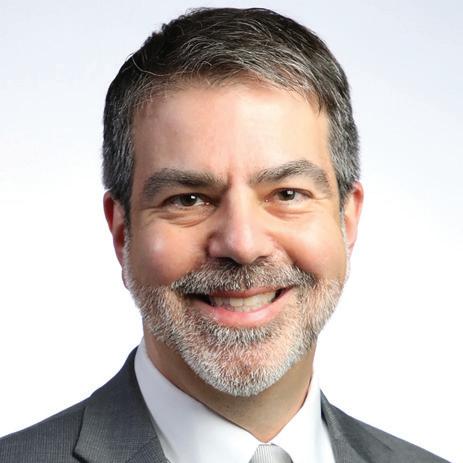 Frederick L. Ruberg, MD Section Chief of Cardiovascular Medicine (Chobanian & Avedisian School of Medicine)
Frederick L. Ruberg, MD Section Chief of Cardiovascular Medicine (Chobanian & Avedisian School of Medicine)
Rick Ruberg, MD, is a professor of medicine and radiology at the Chobanian & Avedisian School of Medicine, specializing in cardiac imaging and heart disease. He received his medical degree from the University of Pennsylvania School of Medicine and completed his training at prestigious institutions like Brigham and Women’s Hospital and Beth Israel Deaconess Medical Center. Dr. Ruberg is a leading cardiologist at the BU/BMC Amyloidosis Center and holds key positions in cardiovascular medicine at Boston Medical Center. He is also a respected senior associate Editor of Circulation: Cardiovascular Imaging and a fellow of the American Heart Association and American College of Cardiology. His research focuses on non-invasive cardiac imaging for amyloidosis diagnosis and clinical care enhancement.
Dr. Ruberg was previously the Director of the BU CTSI Integrated Pilot Grant Award Program. Thanks to Dr. Ruberg for his tremendous effort to catalyze advances in healthrelated outcomes through innovative research. In this new role, Dr. Ruberg will work alongside with BU CTSI, BU, and BMC leadership to address the significant challenges and opportunities in developing a workforce skilled in clinical and translational research.



Mentoring the Mentor Seminar Series
An interactive case-based seminar series to help participants create effective mentoring plans and build relationships with mentors who have complementary skills. The goal is to enhance participants’ mentoring abilities, ultimately benefiting their trainees’ career success.

The goal of the BU CTSI Workforce Development Core is to facilitate continuous learning through acquisition of new competencies in clinical and translational science. The Core supports our research investigators by the development and deployment of new tools, methods, and processes that allow them to critically explore and solve major challenges in translational science, and to specifically respond to health challenges prevalent in our vulnerable communities. Read the Spotlight

Center for Implementation and Improvement Science Fellowship
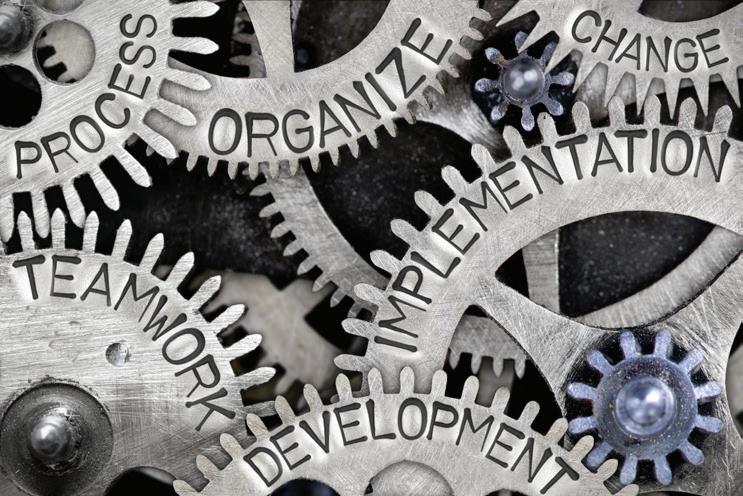
A two-year program for early-career faculty and post-doctoral fellows immersing them in Implementation Science through project-based and coursework learning, enhancing career development and research award competitiveness.




Regenerative Medicine Training Program (RMTP)
Provides training for predoctoral trainees and postdoctoral scholars in stem cells and regenerative medicine through research projects and an innovative curriculum that support translational team science, interactions with PhD and MD scientists, andclinicians. Additionally, it gives stipends stipends and tuition dollars, enhancing educational journey and research opportunities.
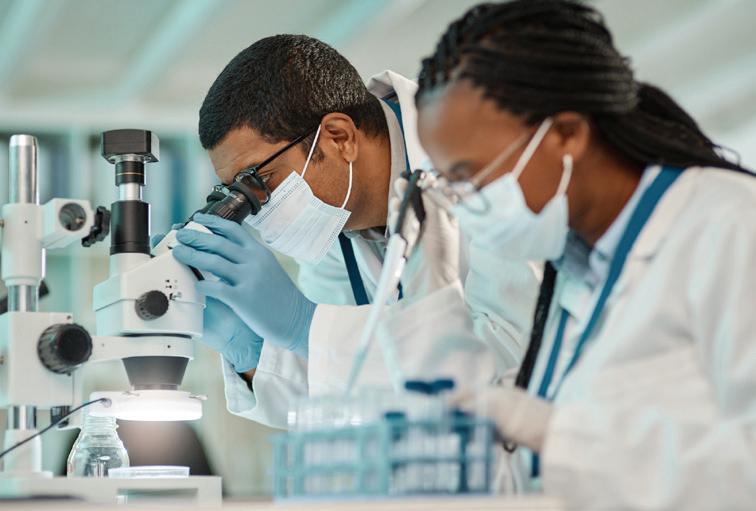

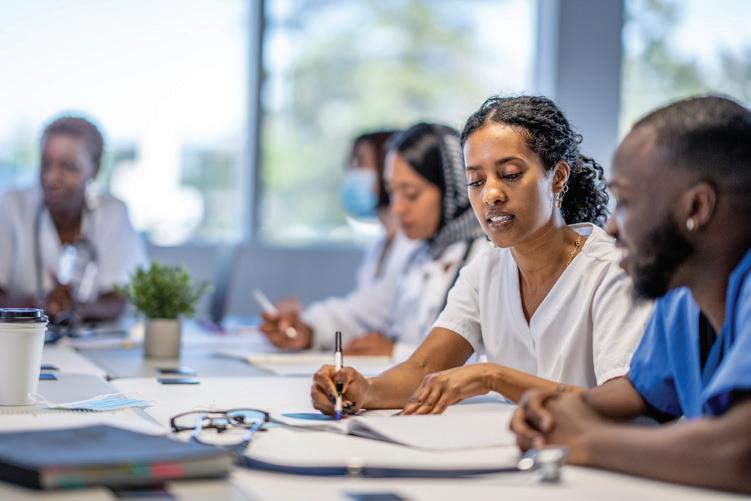
The BU CTSI will sponsor an R Proposal Writing Workshop that will meet over the summer to help new investigators prepare first R01 proposals for the fall 2024 deadline. Additional details will be available soon!
The BU CTSI is dedicated to empowering our research investigators by providing seed funding. This enablesthem to conduct research and resolve key challenges in translational science, particularly those affecting our urban communities’ health. By backing our investigators in developing and implementing innovative tools, methodologies, and procedures, we accelerate clinical and translational research. Together, we confront various hurdles, such as funding shortages, data accessibility, collaboration opportunities, and securing adequate team members for data analysis and management. We extend our heartfelt congratulations to Dr. Cordova Ramos for her remarkable achievement in securing the Harold Amos Medical Faculty Development Program. Erika Cordova Ramos, who was previously funded by the BU CTSI, has been at the forefront of pioneering research, showcasing her dedication and expertise in her field. We take immense pride in sharing this outstanding accomplishment with the community.
Erika Cordova Ramos, MD is an Assistant Professor of Pediatrics at the Chobanian and Avedisian School of Medicine, where she also serves as a clinical neonatologist at Boston Medical Center. With a focus on implementation science, her research aims to reduce racial, ethnic, and linguistic disparities in perinatal outcomes within safety-net settings.
Dr. Cordova Ramos co-leads multi-site quality improvement initiatives targeting social determinants of health in the NICU. Her research interests lie in using implementation science methods to improve the health of low-income families with high-risk infants, engaging communities, and understanding context-todesign and test implementation strategies. Specifically, she investigates caregiving practices such as breastfeeding, safe sleep, and skin-to-skin contact, as well as family engagement, and in the NICU.
Dr. Cordova Ramos is a recipient of the Harold Amos Medical Faculty Development Program, with a project titled “Multi-level determinants of receipt of community resources following social needs screening and referral in the NICU,” spanning from February 1, 2024, to January 31, 2028. This project seeks to investigate factors influencing the receipt of resources after a referral in safety-net NICUs across the United States. Leveraging a parent trial study, the study aims to qualitatively and quantitatively examine individual, health system, community, and policy-level factors influencing resource receipt.
Dr. Cordova Ramos credits her CTSI KL2 award as instrumental in jumpstarting her research career, providing protected time, resources, mentored research experiences, and opportunities for collaboration within a supportive community of junior research faculty.
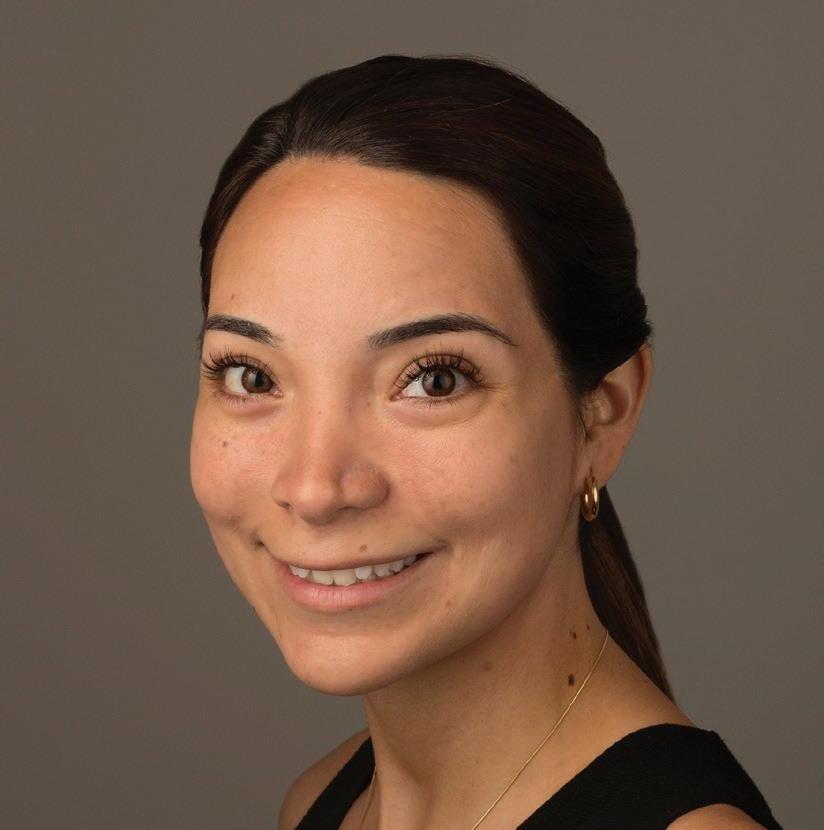

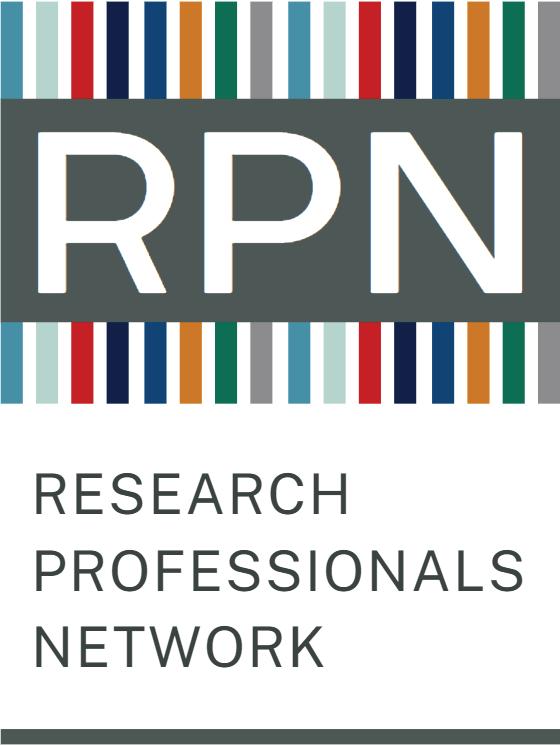
RPN Workshops Overview
Peer-led, interactive continuing education based on JTF for Clinical Trial Competency framework.
Inter-Institutional Collaboration
Collaborative effort with University of Vermont, University of Florida, and Medical University of South Carolina.
Interactive learning approach
• Promote engagement through interactive activities.
• Foster learning through shared experiences.

The primary objective of the RPN is to enhance the excellence of human subjects research by offering comprehensive support, including training, tools, and opportunities for networking with fellow research professionals. Membership in the RPN is inclusive, welcoming all research personnel engaged in coordinating or managing clinical and/or human research at BU Medical Campus and Boston Medical Center studies. Explore additional details at the Research Professionals Network
Explore RPN Initiatives:
• Continuing Education: Professional development through peer-led, competency-based RPN Workshops.
• Annual Recognition Event: Celebration and recognition of achievements and contributions of BMC and BUMC Research Professionals.
• Tools Development: New and enhanced tools for research study management.
• Research Reference Guide: Comprehensive guide for running a research study at BMC and BUMC.
• On-boarding Checklist: Customizable checklist for onboarding new research staff, based on research type, institutional requirements, and role.

Presentations, publications, & posters
• Presented posters at ACTS Conference in 2019 & 2023.
• Presentation at ACTS Conference in 2022.
• Journal article in review submitted in 2023.
Attendance Metrics
• AY 22/23: 909 Clinical Research Professionals (CRPs) participated in RPN Workshops.
• Since 2017: 3,370 Clinical Research Professionals (CRPs) have participated in RPN Workshops.

From 2009 to 2023, the ARC program has proudly supported 24 ARCs , fostering innovation in translational research.
We’re excited to announce that this momentum carries forward as we fund new ARCs and ARC programs for 2023-2024.
Explore the details on the Evans Center website and be part of this exciting journey.
Over the years, the ARCs program has been a powerhouse of innovation and collaboration.
Take a look at these impressive stats
Photo Credit: Leftmost images courtesy of the National Institute of Allergy and Infectious Diseases (NIAID)
Two university centers emerged
Multiple BU-supported programs were formalized
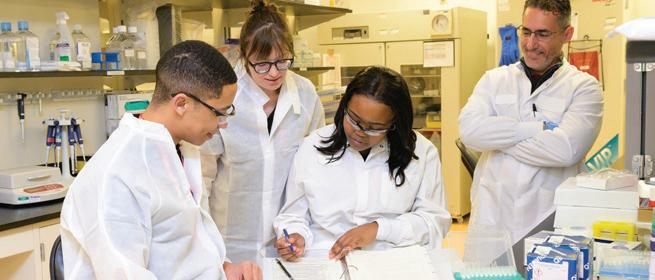
An impressive 1,183 COLLABORATIVE PUBLICATIONS
Involvement of 369 FACULTY MEMBERS from 38 different departments

Total research funding reached
$265 million in 2023
Three cutting-edge research cores were established
428 GRANTS were approved for funding out of 762 APPLICATIONS

Collaboration extended to 16 EXTERNAL INSTITUTIONS, including 4 PHARMACEUTICAL COMPANIES
The program’s agility led to rapid growth, like the COVID-19-focused ARC, now a program with 20+ FACULTY MEMBERS, spanning various disciplines from data science to immunology

140 POSTDOCTORAL FELLOWS
contributing

Over 205 GRADUATE students actively engaged since 2012
Explore
Karen R. Jacobson, MD, MPH, Charles R. Horsburgh, MD, MS, & Laura White, PhD, Tuberculosis Interdisciplinary Approach to Research Alliance (TIARA)
At the heart of this research lies the urgent global challenge of tuberculosis (TB), the leading infectious disease killer. With 1.5 million annual deaths and 10 million new infections worldwide, the COVID-19 pandemic has further exacerbated this crisis. In 2020, TB case notifications dropped due to pandemic disruptions, resulting in the first rise in TB mortality in over a decade. Read More
Paola Divieti Pajevic, MD, PhD, David Felson, MD, MPH, & LaDora Thompson, PhD, BS, PT, Musculoskeletal Biology Over a Lifespan (CeMH)
Guided by passionate investigators, this new ARC aims are to create a University-wide community of investigators interested in musculoskeletal conditions, generate pilot data using animal models and organ systems to support NIH proposals, and train the next generation of researchers, equipping them with the skills and knowledge to make a lasting impact. Read More
Matthew Kulke, MD, William Evan Johnson, PhD, & Gerald V. Denis, PhD, A MultiDisciplinary Program to Identify Predictors of Efficacy and Resistance to Cancer Checkpoint Inhibition (PIPER-C)
Studies indicate that immunosuppressive metabolites, the microbiome, and tumor-derived exosomes may impact immune checkpoint inhibition (ICI) efficacy. Socioeconomic status could indirectly influence these factors. Notably, just 4% of clinical trial participants are from underrepresented minority populations. Explore this ARC research for insights into cancer biology and treatment optimization. Read More
Markus Bosmann, MD, & Mohsan Saeed, PhD, Respiratory Viruses: A Focus on COVID-19
The main goal of this research is to gain deeper insights into how SARS-CoV-2 infects the lungs and other organs, replicates within cells, and interacts with the host’s immune defenses. Additionally, this initiative aims to enhance preparedness for future outbreaks of contagious respiratory viruses while fostering a collaborative environment for ongoing investigations in this field. Read More
Discover additional ARCs by clicking here
Meet Katya Ravid, DSc , the visionary Founding Director of the Evans Center for Interdisciplinary Biomedical Research (ECIBR) and the university-wide Interdisciplinary Biomedical Research Office (BU IBRO)
Dr. Ravid is Barbara E. Corkey Professor of Medicine and Biochemistry, known for her pioneering work in hematopoiesis and platelet/vascular biology. She has led various university initiatives, including the creation of cross-campus interdisciplinary research platforms and training programs. Dr. Ravid’s research has been continuously funded by organizations like NIH and AHA, leading to significant discoveries. She has received numerous awards, including the Fulbright Research Scholar Award and AHA Established Investigator Award, and has chaired scientific sessions at conferences like the Gordon Research Conference on Megakaryocyte and Platelet Cell Biology.
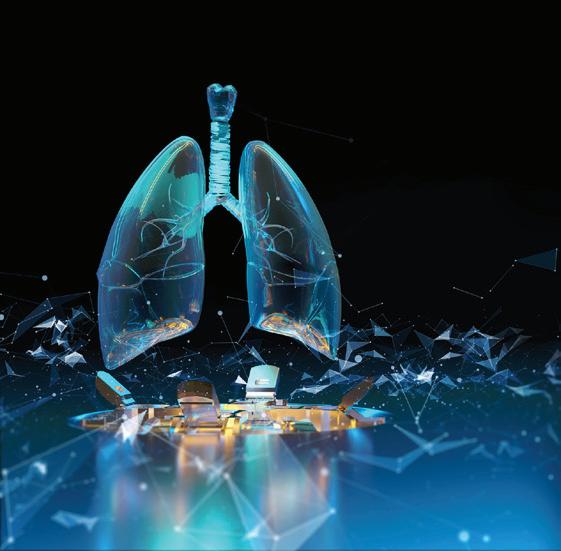




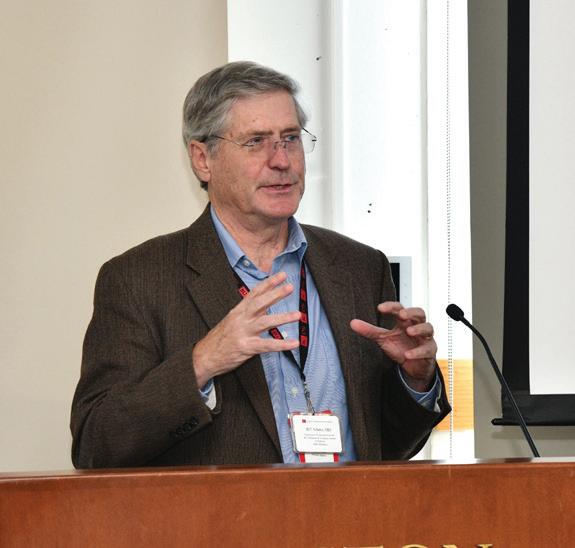
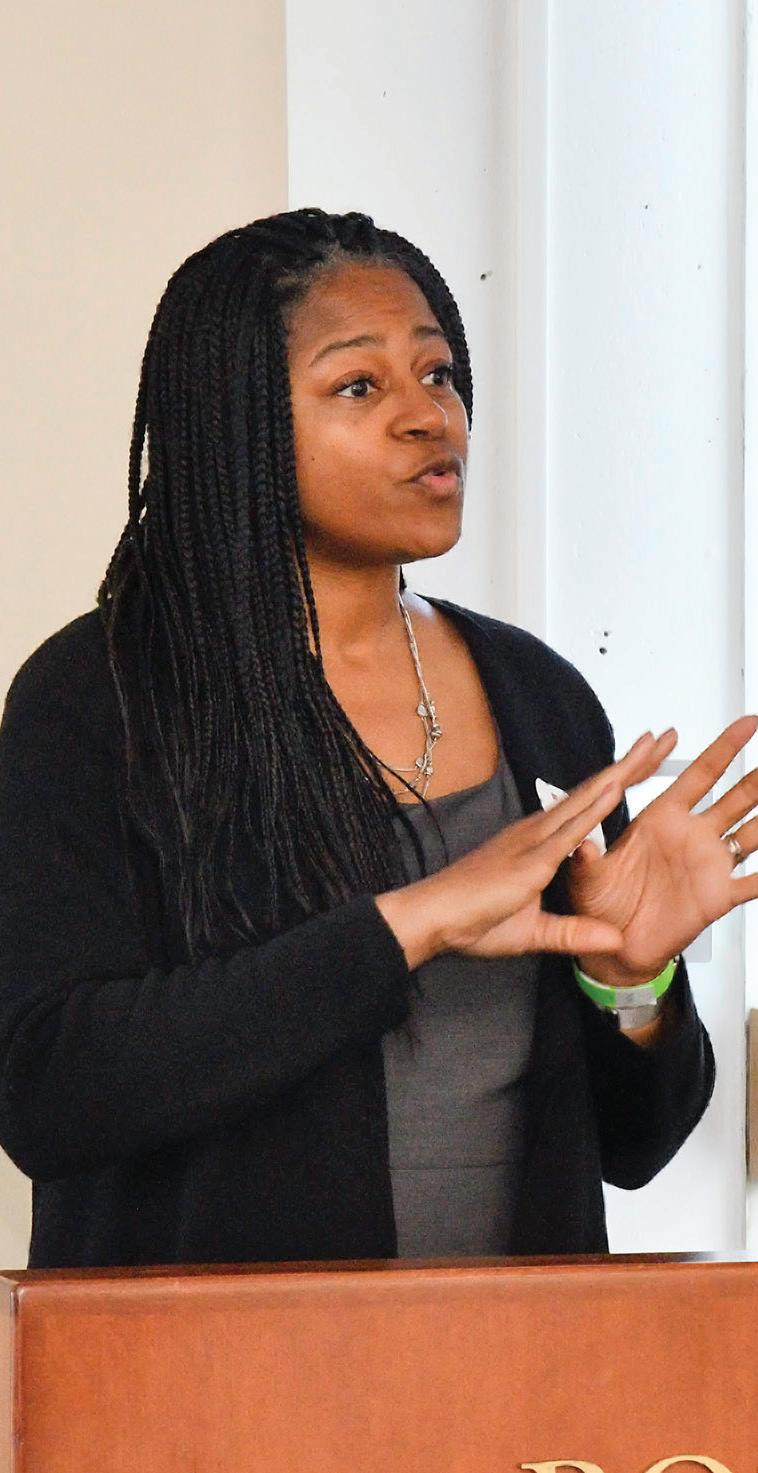

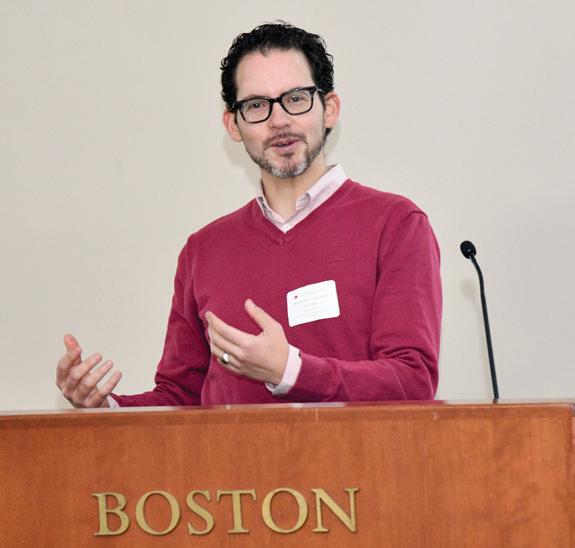

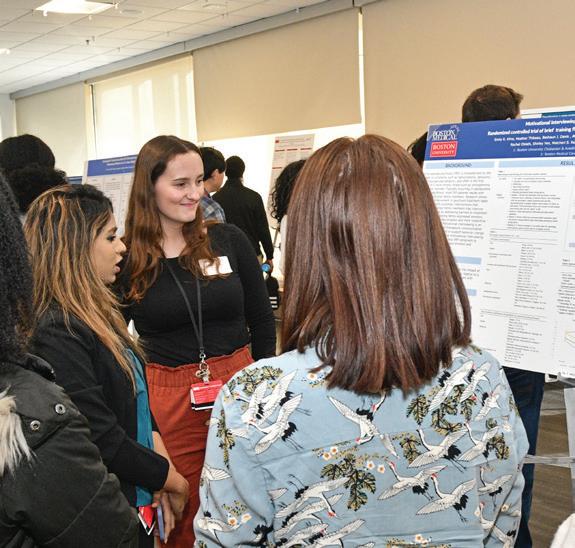

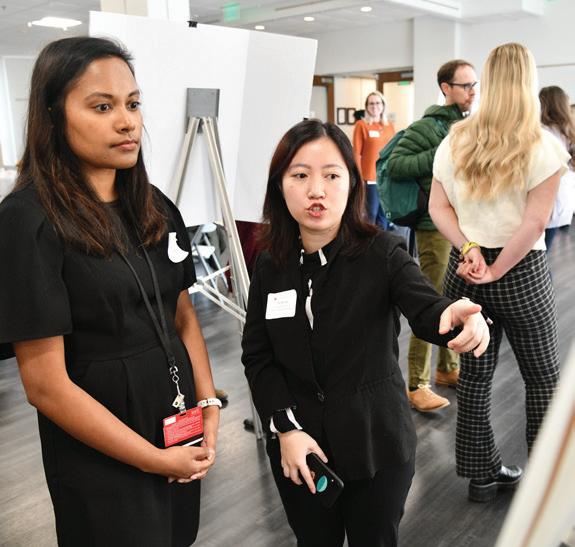
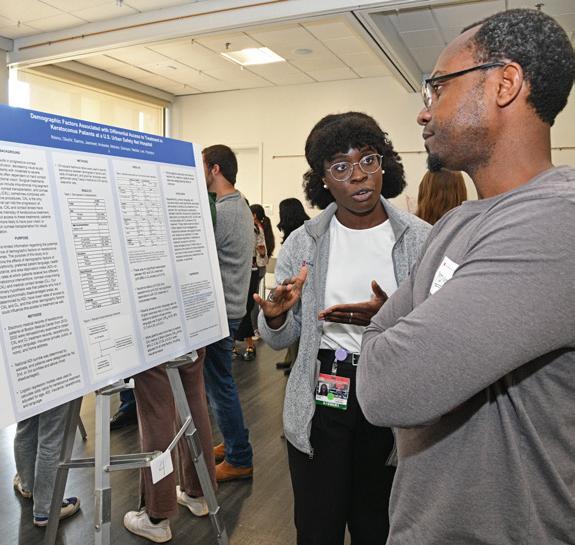

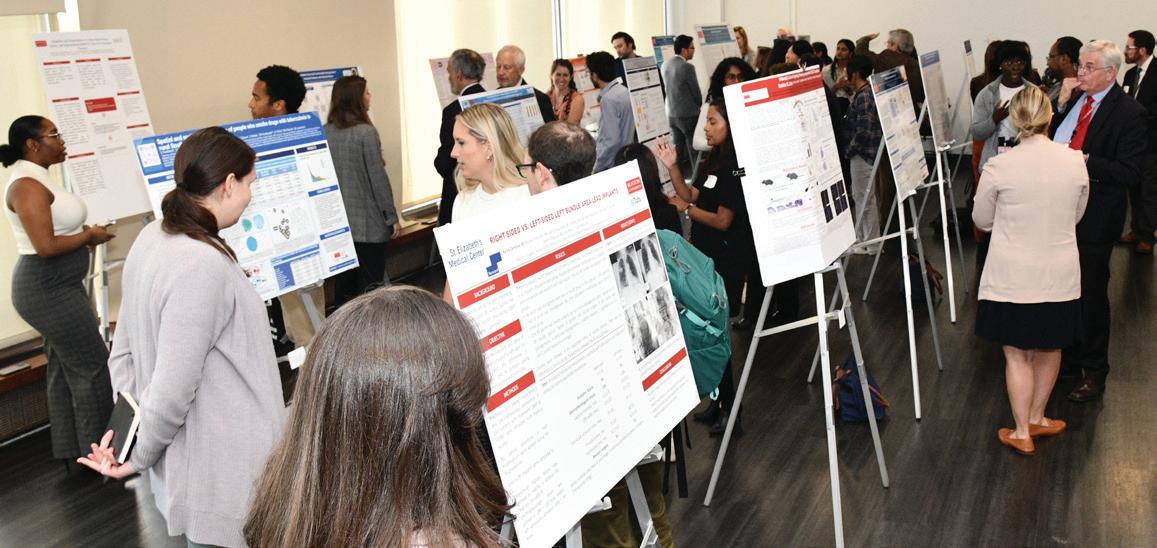
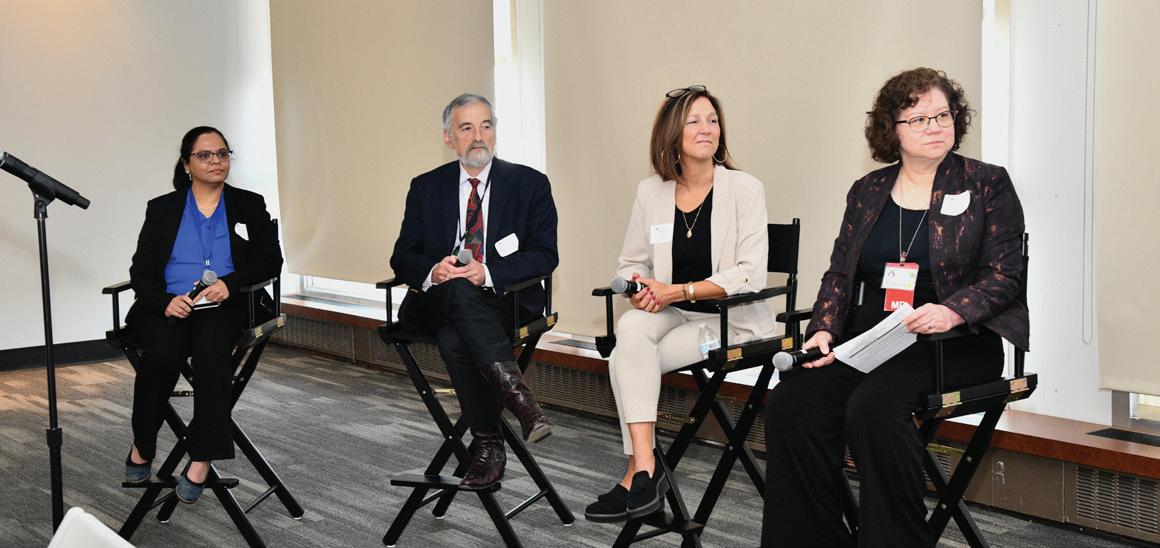

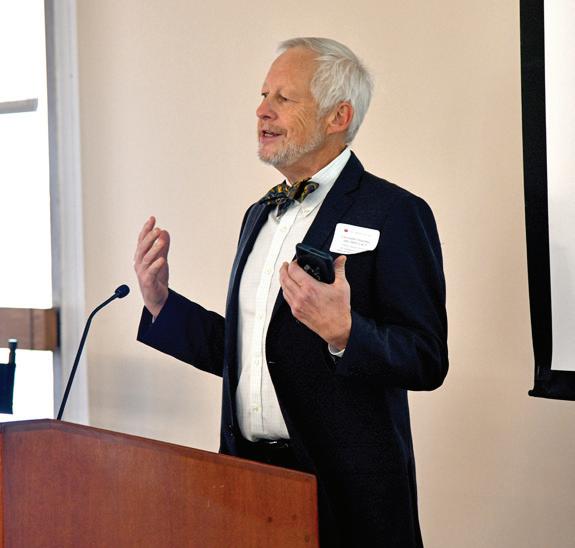

The BU CTSI Annual Translational Science Symposium, held on October 24th, 2023, stood as a testament to our commitment to honoring the visionary legacy of Dr. David Seldin. With a focus on advancing health equity, this year’s symposium was geared toward the impact of social determinants of health, combining the power of translational science and community collaboration.
Participants were immersed in a day of engaging presentations, where dedicated researchers shared their groundbreaking studies and engaged in a collaborative dialogue to understand and address impactful, macro-level health disparities. Building upon the insights drawn from the symposia held over the last two years, this year’s symposium provided a more inclusive discussion to explore advanced translational science methodologies and their adaptability to evolving needs.
A highlight of the event was the esteemed presence of our keynote speaker, Bisola Ojikutu, MD, MPH, Executive Director of the Boston Public Health Commission (BPHC). Her remarkable journey as the Commissioner of Public Health for the City of Boston underscored her exceptional leadership. Amidst pandemic challenges, Dr. Ojikutu showcased her multidimensional clinical expertise and dynamic approach, as she described her perspective on addressing the recent severe public public health crises in the city. Her wealth of experience in community-oriented research made her an inspiring choice as our keynote speaker.
The symposium served as a celebration of Dr. Seldin’s enduring legacy, inspiring attendees to learn from pioneering researchers and collaboratively work towards our common goal of achieving health equity through the transformative lens of translational science.
Visit our website for additional details and navigate through the “Abstract Posters & Video Recordings” dropdown to access abstract posters, presentations, and video recordings.
Let’s join hands to continue Dr. Seldin’s legacy of excellence and innovation in the world of Translational Science! Together, we can make a difference!
Bisola Ojikutu, MD, MPH
Advancing Health Equity and Racial Justice: Moving from Data to Collective Action
Jeffrey Samet, MD, MA, MPH
The HEALing Communities Study: The Reality of Implementing a Community- engaged Protocol in Local Settings
Tracy Battaglia, MD, MPH
Translating Research into Practice (TRIP) for Health Equity: Patient Navigation in Breast Cancer Care
Jai Marathe, MBBS
Boston COVID Recovery Cohort
Pablo Buitron de la Vega, MD, MSc
Implementing an EHR-based Screening and Referral System with the Community to Address Social Determinants of Health in Primary Care
Elisha Wachman, MD & Kelly Wingfield Neonatal Opioid Withdrawal Syndrome – Advancing Science Utilizing Translational Approaches
Bill Adams, MD
Translational Informatics to Advance Health Equity
Mari-Lynn Drainoni, PhD & Tamar Barlam, MD, MSc
Implementing Telemedicine to Improve Appropriate Antibiotic Prescribing for Acute Respiratory Tract Infections: Using Patient- and Provider-Engaged Methods
Hugo Aparicio, MD, MPH
Social Drivers of Health and Cardiovascular Disease
$645,000 Total
Catalyze Research across BMC, BU Chobanian & Avedisian School of Medicine, Department of Medicine, Sargent College, College of Arts and Sciences

The Integrated Pilot Grant Award Program’s primary objective is to promote translational research in human disease prevention, diagnosis, and management, fostering both individual and team science. Awardees receive direct support through initiatives, like participation in Affinity Research Collaboratives, and idea development programs within the product development timeline.
Leadership of the program has transitioned to co-directors, Dr. Elisha Wachman, a professor of pediatrics, and Dr. Andrew Henderson , a professor of medicine specializing in infectious disease, virology, and immunology microbiology. This change follows the tenure of the program’s previous director, Dr. Rick Ruberg, to whom we express our gratitude for his significant contributions to advancing health-related research outcomes.

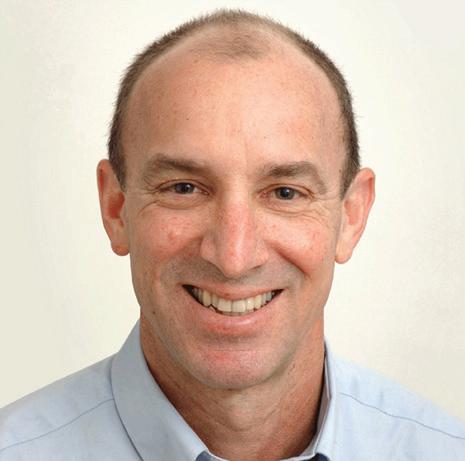
The pilot program convenes NIH-style study sections to discuss applications and prioritize funding. Our review panels consist of CTSI leaders, KL2 Scholars, past Pilot grant recipients, and BU/BMC investigators.
The CTSI leadership wants to express heartfelt gratitude to the Review Panel Chairs and all panel members for their unwavering dedication and valuable time.
Laboratory-based Translational Science
Chair: Andrew Henderson, PhD (DOM/Infectious Disease)
Clinical Translational Science
Chair: Frederick L. Ruberg, MD (DOM/Cardiovascular Medicine)
Implementation and Population Science
Chair: Allan Walkey, MD, MSc (DOM/Pulmonary and Critical Care Medicine) & Mari-Lynn Drainoni, PhD, Med (DOM/Infectious Diseases)
Community Engaged Science
Chair: Tracy Battaglia, MD, MPH (DOM/General Medicine)
Opioid overdose fatalities are on the rise, particularly affecting individuals from racial and ethnic minority backgrounds at a disproportionate rate. Furthermore, individuals from racial and ethnic minority backgrounds receive buprenorphine, a vital medication for treating opioid use disorder (OUD), at lower rates compared to white individuals. Similar patterns emerge at the neighborhood level. For example, research has identified associations between neighborhood-level race, ethnicity and income with rates of medication treatment for OUD. The disproportionate rate of opioid-involved overdose in neighborhoods of lower wealth and greater percentage Black or Latino residents demands urgent attention given the individual and neighborhood-level disparities in OUD treatment.
This project harnesses the power of the Data 4 Equity (D4E) platform, a BU CTSI Biomedical Informatics Core initiative aimed at strengthening geospatial and health disparities research at BUMC. Using D4E, this study will assess individual and neighborhood disparities in buprenorphine use for BMC patients based on three National Quality Forum quality indicators: buprenorphine initiation, one-month medication engagement, and six-month medication retention.
This proposal will generate the preliminary findings needed to build a larger proposal using more robust geospatial analyses of disparities in buprenorphine treatment at BMC.

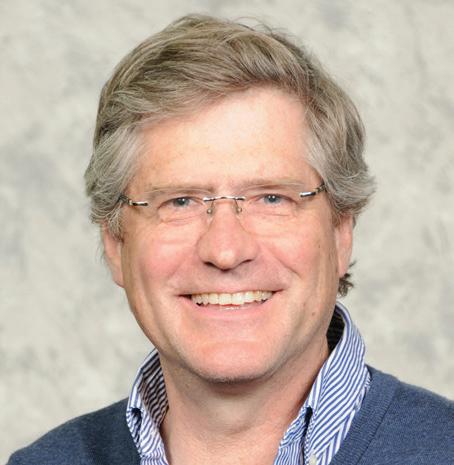


About 13% of the world’s population has chronic kidney disease (CKD), often leading to kidney failure. Proteinuria is an early biomarker, risk factor, and surrogate outcome of CKD progression. In collaboration with Pfizer, the team has generated several novel therapeutic leads to reduce proteinuria, and one of the novel drugs advanced to a phase 2 clinical trial. However, the mechanism of action (MOA) of the novel drug remains unclear.
This study aims to identify the novel molecular pathway and MOA of a new drug for patients with CKD using an interdisciplinary team science approach. The team will study a pre-clinical CKD animal model that has been successfully treated with a new drug reducing proteinuria by single-cell RNA sequencing in the Nephrology Section (Team 1), perform big data analysis of singlecell and spatial transcriptomics data using graph-based deep learning methods in the Computational Biomedicine Section (Team 2), and translate and validate novel molecular pathways and new drug targets in humans using CKD patient data and patient samples that have been collected as part of the NIH Kidney Precision Medicine Project and Boston Kidney Biopsy Cohort study (Team 3).
Data from this CTSI project may lead to a new multi-PI NIH grant proposal and novel therapeutics for CKD patients with proteinuria, a significant unmet medical need worldwide.

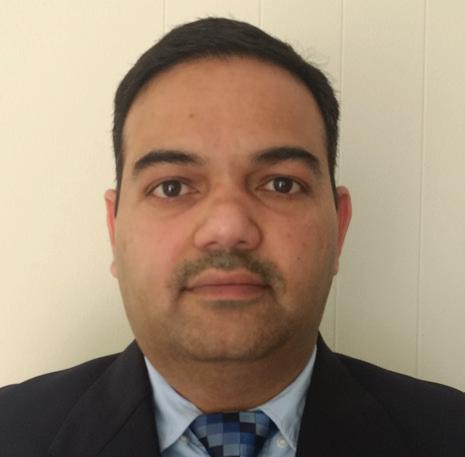

 Alyssa Tilhou MD, PhD
William G. Adams, MD
Katherine R. Standish, MD
Marc Larochelle, MD, MPH
Weining Lu, MD Sudhir Kumar, PhD
Chao Zhang, PhD
Alyssa Tilhou MD, PhD
William G. Adams, MD
Katherine R. Standish, MD
Marc Larochelle, MD, MPH
Weining Lu, MD Sudhir Kumar, PhD
Chao Zhang, PhD
Objective
Accelerate clinician-inspired medical device innovations

Expertise
Engineering design & product development
Collaborators
BU Biomedical Engineering &BU Clinical and Translational Science Institute
Partners
Physicians, dental clinicians, & BU Medical Campus members
Past Projects
Neonatal monitoring system
Robotic retraction system
Transseptal needle deployment system
Participants
Graduate biomedical engineers
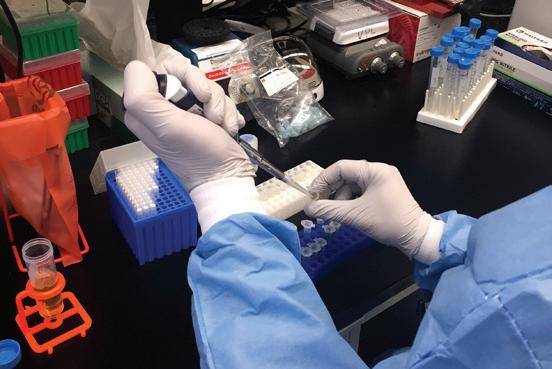
Challenges Addressed
Medical device clinical challenges, early product ideas, & ongoing projects

Structure
Graduate engineers work part-time
Clinical guidance provided Master’s degree studies at BU College of Engineering
Project Outcomes
Initial engineering development
IRB protocol preparation
IP filing
This year our team has dedicated its efforts to three exciting projects
Working with James Holsapple, MD and Zachary Wetsel, MD , (BMC Neurosurgery), a skull fixation device was developed for use during neurosurgery procedures that require a Mayfield head clamp. To avoid unintended movement during surgery, a novel pin attachment design was developed that allows for more secure head placement.
Working with Ezra Cohen, MD, (BMC Pediatric Rheumatology), an electrical stimulator was designed to treat chronic pain by targeting nerves via noninvasive electrical stimuli. A finger clamp design was developed to house electrodes in order to achieve full nerve block at the digital nerve of the finger. This device aims to offer a cost-effective, noninvasive method for treating chronic pain and achieving deep nerve stimulation.
Working with Kathy Alikhani, DMD, (BUSDM, Endodontics), a novel bite block and x-ray guide was designed to be used during root canal procedures. One of the challenges associated with this procedure is capturing x-rays that show the entire length of the roots from multiple angles. The x-ray guide aims to improve image quality and consistency to allow for shorter procedure times and expose patients to less radiation.
The pandemic reshaped addiction treatment at Boston Medical Center, using telemedicine, longer prescriptions, and fewer tests. These changes affect people with opioid use disorder differently, creating both hurdles and easier access to treatment. Stress from the pandemic can also impact substance use, healthcare, and quality of life. Understanding these shifts is crucial for better support.
• Assess the impact of pandemic exposure on OBAT patients, including retention, substance use, and quality of life.
• Understand treatment and patient factors associated with outcomes of interest.
• Enrolled 150 BMC OBAT patients in a longitudinal cohort study.
• Collected data at baseline and 6-month follow-up points, including pandemic exposure, substance use, healthcare access, and medication adherence.
• Conducted qualitative interviews with patients and providers to gain insights into treatment innovations.
• Baseline and six month data collection completed.
• High follow-up retention rate: 126 of 150 participants completed 6-month assessments.
• Conducted 25 qualitative interviews with patients and 16 interviews with BMC OBAT providers.
• Ongoing analysis of longitudinal and qualitative data.
• Analyzing data to identify trends and insights.
• Developing manuscripts for peer-reviewed journals.
• Disseminating findings at upcoming conferences.


Unlock Your Innovation Potential! From enamel-healing wonders to AI-powered education magic and cancer-fighting breakthroughs. Read more about BU researchers who transformed ideas into reality!
Your Path to Success: Are you a CTSI researcher with a groundbreaking idea? Meet Rana K. Gupta , our Director of Faculty Entrepreneurship, your dedicated guide to transforming concepts into real-world impact.
Tailored Commercialization Support: Whether you’re considering licensing to a third party or launching your startup, Gupta’s diverse programs are designed to guide your commercial journey. From personalized consultations with entrepreneurial experts to mentorship initiatives connecting you with industry leaders, Gupta offers a spectrum of opportunities.
NSF’s I-Corps: Dive into innovative exploration. Perfect Pitch: Craft compelling narratives for your idea.
Regulatory Expertise: Navigate complex regulations seamlessly. Reimbursement Tutorials: Tailored for licensees or investors. Ignition Awards: Tap into internal funding opportunities for your vision.
For more information and to kickstart your innovation journey, connect with Rana K Gupta, our Director of Faculty Entrepreneurship, at rkgupta@bu.edu or call 617-353-0606.
Objective:
Develop a comprehensive solution for managing high-throughput research data, integrating research workflows and molecular data with clinical metadata, to improve reproducibility in translational research.
Challenges:
Data Management: Efficient storage, curation, sharing, and processing of molecular data.
Data Integration: Linking molecular data to corresponding clinical and demographic metadata.
Reproducibility: Accurately recording the process of raw data generation and generating analytical results from raw data.
Community Disarray: Lack of common tools and strategies, hindering widespread adoption.
GeneHive is an open-source, user-friendly data storage System.
Data integration: Accommodates clinical, demographic, molecular, and analytical data of diverse types
Flexibility: Adaptable to various high-throughput translational research needs
Open Source: Encourages collaboration and community-driven enhancements

Get support and endless possibilities at BU CTSI! Our dedicated staff and faculty are here to mentor, empower, and ignite your research journey. Tap into a wealth of resources, unlocking the full potential of your projects.
Reproducibility: Ensures the traceability of analytic results back to raw data
User-Friendly: Easy-to-use interface for translational researchers without a programming background
Powerful: API allows data scientists to seamlessly integrate GeneHive server into their tools
Next Steps:
Contact the CTSI Translational Bioinformatics service to learn more about how you can access GeneHive at BU. Our client-side R package which leverages the API is also freely available. Solution :

All offerings and awards are made within the BU CTSI grant cycle from April 1-March 31st of each year through the end of the grant (March 31, 2025). In some special circumstances award dates might differ. The CTSI will release RFA’s for all of the offerings with specific information regarding each program, due dates, and application instructions.
Research investigators can request no-cost consultations from various BU CTSI services at any point during their research study. Requests can be made during or even before submission for IRB approval. BU CTSI program directors and staff will spend up to two hours on consultations related to your research. To find out more about consults or to learn more about BU CTSI’s no-cost consults, please visit the Research Navigator page.
A list of resources was created to assist study teams with the new IRB application requirement for investigator-initiated, single-site clinical trials.

CRRO supports include:
• Research and Regulatory Consultations: Consultations on IRB submissions and any aspect of study implementation including recruitment/screening informed consent form and processes, documentation, AE monitoring/assessing/ reporting.
• Training and Education:
Monthly Clinical Research Seminar, Research Professionals Network Workshops, two summer sessions, Sponsor-Investigator trainings, quarterly Fundamentals in the Conduct of Clinical Research training, quarterly Principal Investigator role training, and departmentrequested customized trainings.
• Development of Resources:
Creation of tools and templates to guide researchers, promoting adherence to best practices in conducting and documenting research.

The overall mission of the Clinical Research Resources Office (CRRO) is to facilitate the design and conduct of ethical and scientifically valid clinical and human research by providing a range of services, resources, and guidance. to support BMC and BU Medical Campus researchers in planning, submitting, and conducting their research. Explore further details by visiting our website
CRRO provided consultations in the following categories:
Pre and Post IRB submission review, study implementation, research planning, IRB process questions, grant questions, and general regulatory consultations.
members of the Boston Medical Center (BMC) and Boston University Medical Campus research community attended CRRO trainings. 650
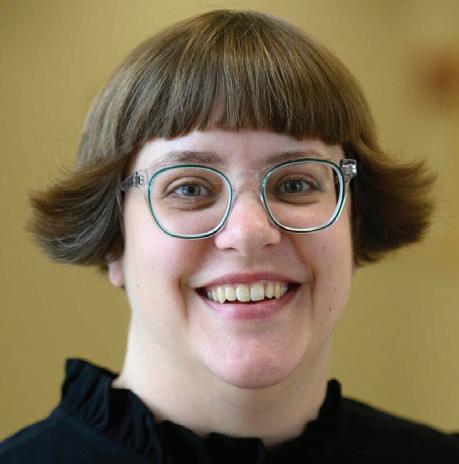

The NCATS Translational Science Principles characterize effective translational science approaches. Developed by a diverse NCATS committee, these principles are informed by successful initiatives across the translational spectrum. Rooted in case studies, they capture the common strategies driving progress. Learn More
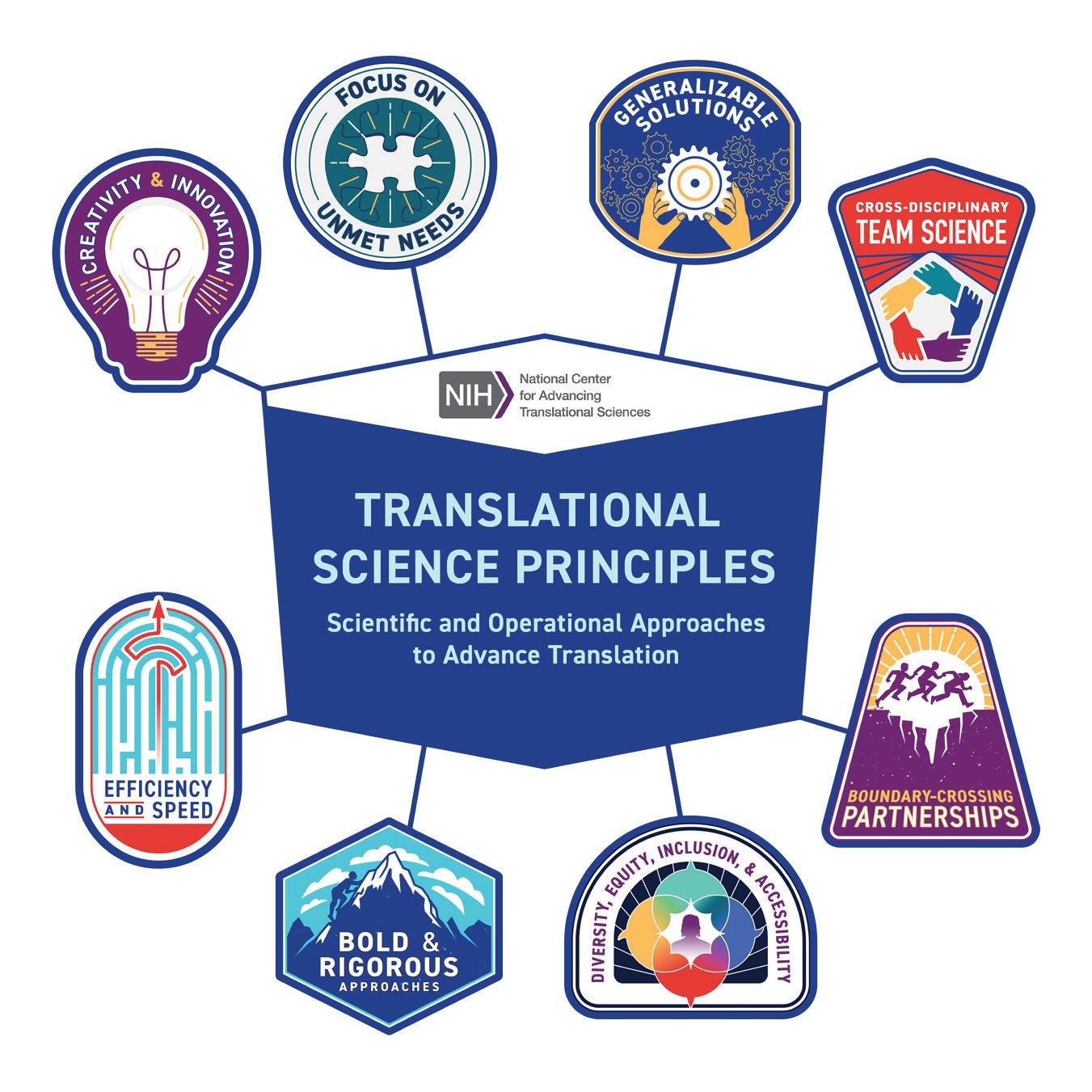
Credit: National Center for Advancing Translational Sciences
Focus on pursuing scientific goals that address unmet scientific, patient or population health needs.

Develop innovations that address challenges to advancing translational progress that are found across multiple research initiatives or projects.
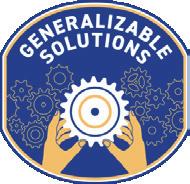
Leverage creativity and innovation in research design, conduct, and facilitating factors, with the goal of increasing the impact of the research.
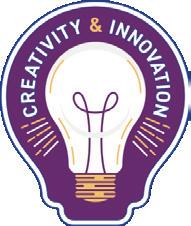
Engage team members with expertise across disciplines, fields, and professions to produce research that advances translation along the translational research continuum.
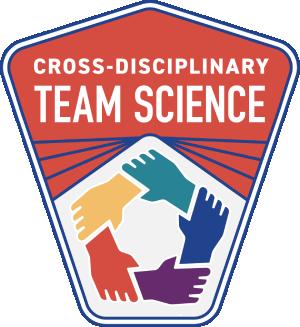
Implement evidence-informed practices and scientific and operational innovations to accelerate the pace of translational research.
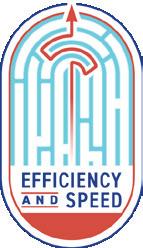
Leverage collaborations across agencies and sectors and engage patients and communities in research to advance translational progress.

Develop ambitious research questions and address them with rigorous and robust methods toward generating reproducible findings that contribute to advancing translation.

Leverage diversity, equity, inclusion, and accessibility to produce research outcomes that are relevant to the full diversity of the population.


If you’ve tapped into the wealth of BU CTSI services, resources, or project funding, don’t forget to give credit where it’s due! Include our grant number in your presentations and journal publications to showcase the collaboration that made it all happen. Explore further information and accurate acknowledgment by visiting the website.
Credit the CTSI Grant
PubMed Central Submission
Linking Publications to Grant
For Researchers Utilizing CTSI Services or Tools (e.g., REDCap)
All resulting publications/projects must credit the CTSI grant for support.
Submit publications to PubMed Central and obtain a PMCID for proper documentation.
Utilize the provided manuscript flow charts ( manuscript-flowchart-help and manuscript-flow-chart) to establish the link between publications and the CTSI grant.
Cite 1UL1TR001430:
Include the grant citation 1UL1TR001430 when referencing CTSI services or tools such as REDCap.
REDCap’s Publication:
Incorporate REDCap’s publication when using the platform for data collection and management in study manuscripts.
For standardized language and citation guidelines visit CTSI Citation Boilerplate.
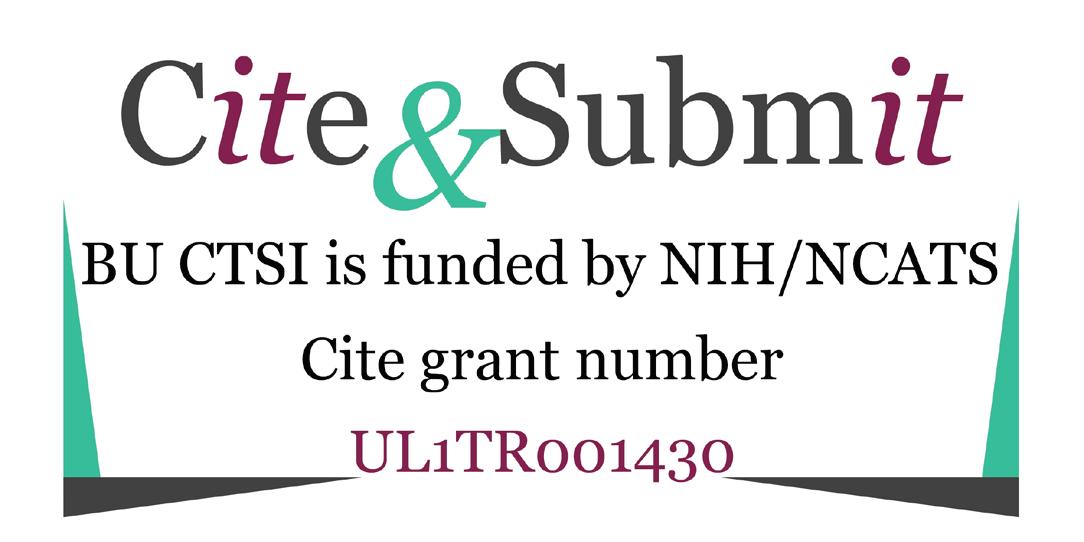
DISCOVER SOME OF THE WAYS BU CTSI HAS SUPPORTED RESEARCHERS & IS CREATING IMPACT
We can help your research, too! Contact us: ctsisvcs@bu.edu
1,574 CONSULTATIONS since 2015 have assisted investigators with REGULATORY protocols, enhancing IRB efficiency, study implementation, review of human subjects protection, and more
1,098 CONSULTATIONS in BIOSTATISTICS and RESEARCH DESIGN supported investigators’work since 2015
$1.9M+ since 2019 invested in PILOT AWARDS to catalyze translational research that has led to $4.3M+ in EXTRAMURAL AWARDS, 2 PROVISIONAL PATENTS & LICENSES, & 49 PUBLICATIONS
6 COMMUNITY ENGAGEMENT PARTNERSHIP AWARDS have been given to community partners in Boston, Worcester, and Ghana

369 INVESTIGATORS formed 24 Affinity Research Collaboratives (ARCs) to chart new directions using novel interdisciplinary approaches, which has catalyzed 1,183 publications & 428 grants
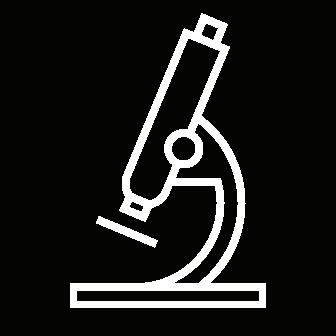
3,370 CLINICAL RESEARCH PROFESSIONALS participated in the Research Professional Network (RPN)
29,062 OUTPATIENT VISITS to the General Clinical Research Unit (GCRU) since 2018
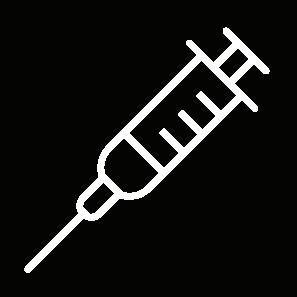
$298,409 IN VOUCHER AWARDS
helped support postdocs and faculty who may have limited resources or are unfunded
65 FACULTY took the Career Development Award Workshop Series to write competitive proposals
16 FACULTY & STAFF joined the KL2 Career Develoment Award Program
The HEALTH EQUITY EXPLORER (H2E)
has more than 50 key health outcomes and is growing monthly encompassing diverse medical, social, and environmental determinants of health.
38 PREDOCS & POSTDOCS accepted into the TL1 Training Program in Regenerative Medicine
CREATING IMPACT GLOBALLY
148 POLICY DOCUMENTS from 18 countries & 6 intergovernmental organizations were created from CTSI publications

• 17,448 Citations
• 3,800+ News Stories
• 3 Patents
33 CLINICAL GUIDANCE Policies were created from CTSI publications


Kayla Kuhlfeld, MPH, joined the BU CTSI as the Assistant Director for Evaluation role in 2022 and has been working to support the BU CTSI evaluation and continuous improvement activities since. Her role also helps to evaluate the impact of the BU CTSI resources, services, and programs, which has been informative for the creation of the BU CTSI Annual Impact Reports.
The BU CTSI has a broad range of state-of-the-art analysis tools that allow evaluators to analyze and understand the impact our research has. Some of these tools include: Overton for assessing the impact of publications by policy groups globally; Digital Science Dimensions for assessing investigator research activity regarding productivity, influence, and impact; and Altmetrics for assessing uptake of publications by news media, social media outlets, and clinical guidelines.

Kayla Wu holds a Bachelor of Science degree in Business Analytics and Information Systems from Boston University. As the Social Media and Communications Coordinator, Kayla is dedicated to leveraging data and digital media to bridge the gap between research and practice. In her role, she led outreach initiatives and polished copy in collaboration with the team to amplify CTSI’s stories, successes, and strides of the Impact Report pages.
In 2020, Nesrine Hadjiat, MBA, joined the Boston University Clinical Clinical & Translational Science Institute (BU CTSI). Driven by a passion to transform the translational science landscape, her mission is to empower investigators with the essential tools needed to address the field’s most pressing challenges.
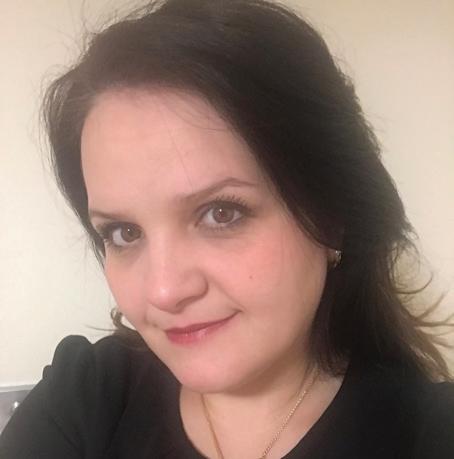
Nesrine’s collaboration with the BU CTSI’s teams has sparked a dynamic shift in how programs are promoted. Her expertise in steering projects from their inception to completion, coupled with her ability for amplifying the BU CTSI’s digital presence, has significantly boosted engagement and visibility across the board. Under her guidance, The annual Impact Reports have not only documented the institute’s key achievements but have also been instrumental in engaging researchers with programs, trainings, and funding opportunities. These reports serve as a clear indication to how funding research are paving the way for groundbreaking health solutions.
A proud alumna of Suffolk University, Nesrine’s academic journey includes an MBA focused on International Business, a BSBA in Marketing, and an Associate Degree in Graphic Design from Bunker Hill Community College. Her skills merge strategic marketing with creative graphic and web design, and transforming complex data into engaging stories.
Nesrine is not just contributing to BU CTSI; she’s reshaping the future of translational science with every campaign report, and strategy she leads. Her work embodied the bridge between scientific innovation and the communities it aims to serve.
CTSI Administration
ClinicalTrials.gov
Clinical Trials Network Trial Innovation Network (TIN)
Communications
Community Engagement
General Clinical Research Unit (GCRU)
Integrated Pilot Funding
Program Evaluation
Research Navigator Team (RNT)
Regulatory Consultations
Research Professionals Network (RPN)
Workforce Development
Helia Morris, MSM | Executive Director, CTSI
Hubert Wong | Director of Finance and Operations
Nick Trombley | Program Administrator
hmorris@bu.edu
hswong@bu.edu
nst5775@bu.edu
Karla Damus, PhD, MSPH, MN, RN FAAN | Administrator, ClinicalTrials.gov damusk@bu.edu
Director: George O’Connor, MD
Point of Contact: Helia Morris, MSM
goconnor@bu.edu hmorris@bu.edu
Nesrine Hadjiat, MBA | Communications and Outreach Specialist nhadjiat@bu.edu
Rebecca Lobb, ScD, MPH | Assistant Director of Community Engagement lobbrebe@bu.edu
Ridiane Denis, BS, RN, MD | Director of Clinical Research and Operations ridianed@bu.edu
Andrew Henderson, PhD | Program Director
Elisha Wachman, MD | Program Director
Hubert Wong | Director of Finance and Operations
Kayla Kuhfeldt, MPH | Assistant Director, Program Evaluation
Myriam Castagne, MD | Senior Research Navigator
Mary-Tara Roth, RN, MSN, MPH | Director, Clinical Research Resources Office
Mary-Tara Roth, RN, MSN, MPH | Director, Clinical Research Resources Office
Frederick L. Ruberg, MD, MPH
Natalia E. Morone, MD, MS

hunder@bu.edu
Elisha.Wachman@bu.edu hswong@bu.edu
kaylakuh@bu.edu
Myriam.Castagne@bmc.org ctsisvcs@bu.edu
mtroth@bu.edu
mtroth@bu.edu
frruberg@bu.edu
Natalia.Morone@bmc.org
Witness the rapid transformation of scientific breakthroughs into impactful health solutions with the BU CTSI. Stay connected for the latest news and updates on translational research funding, engaging workshops and trainings, and valuable free resources. Don’t miss our newsletter, sign up now!